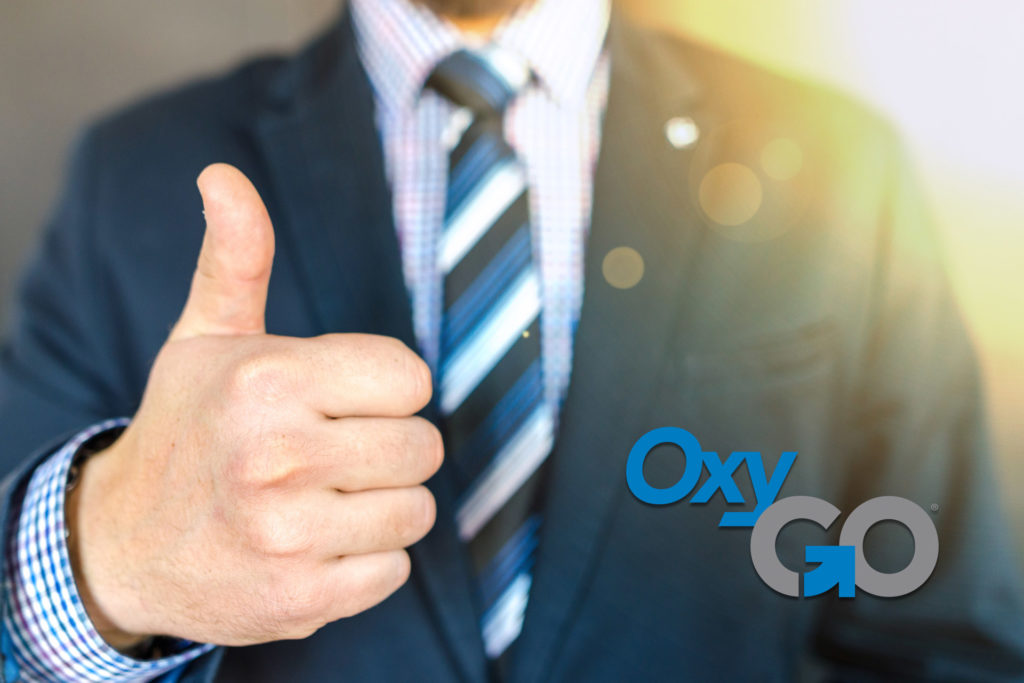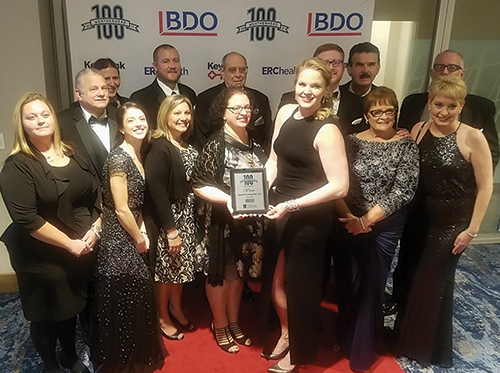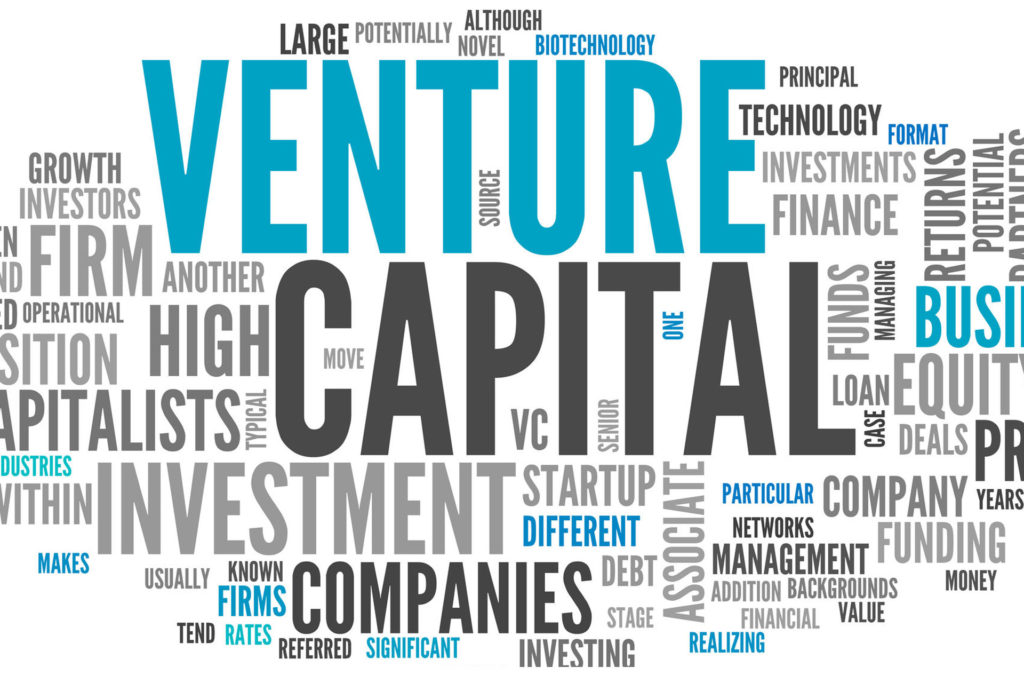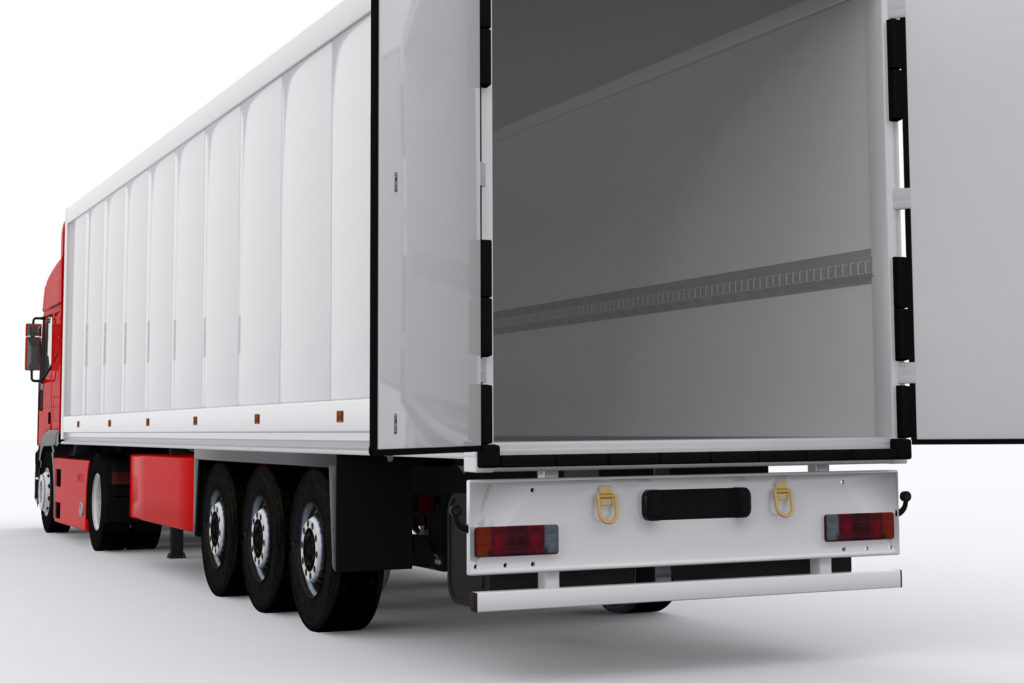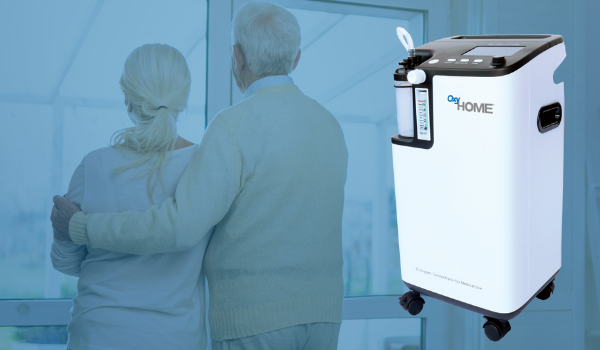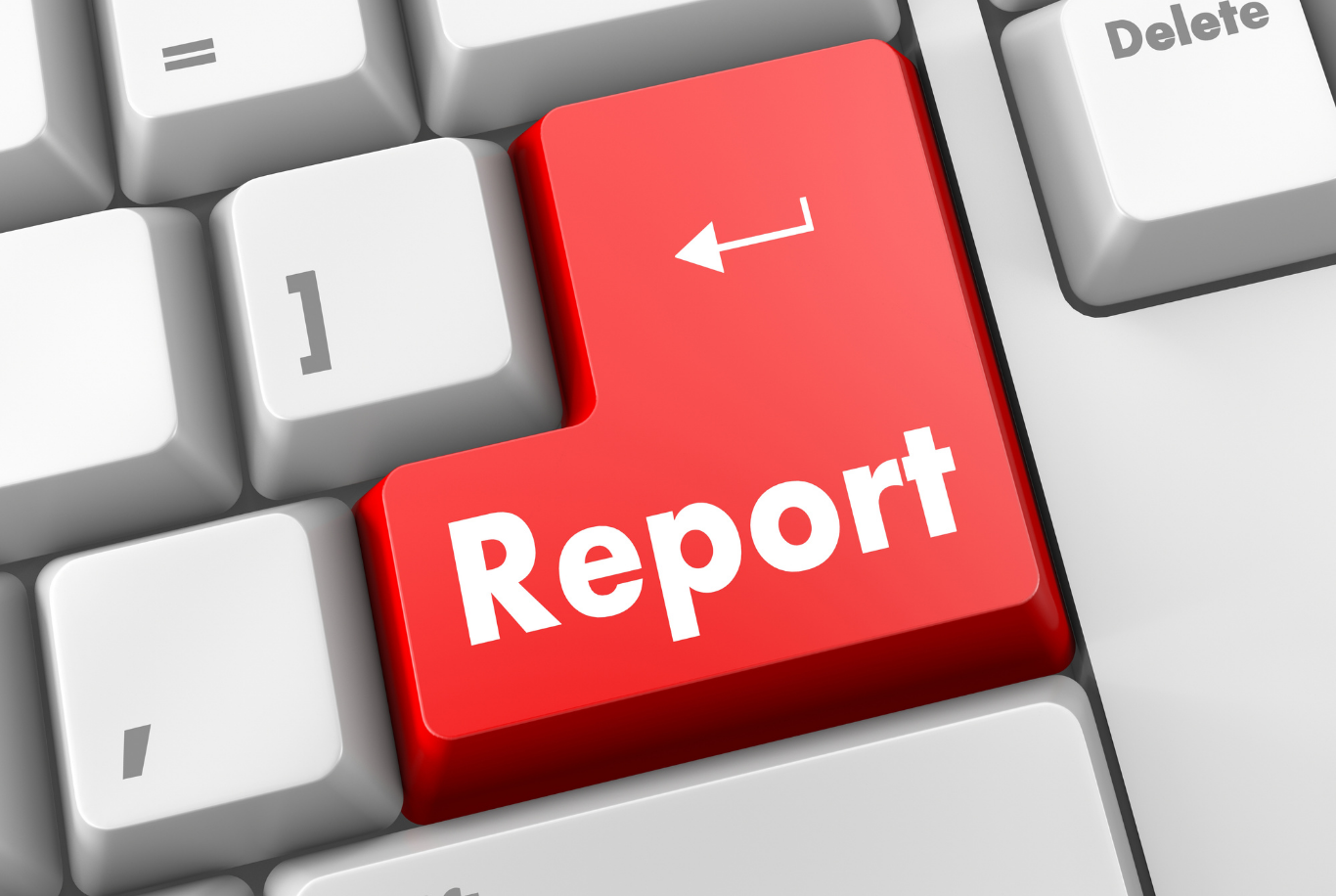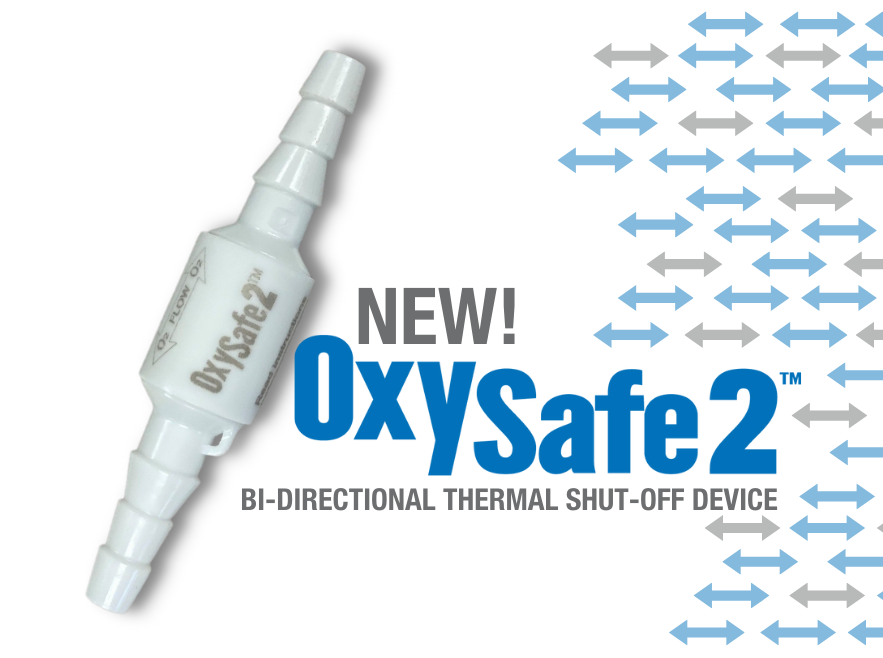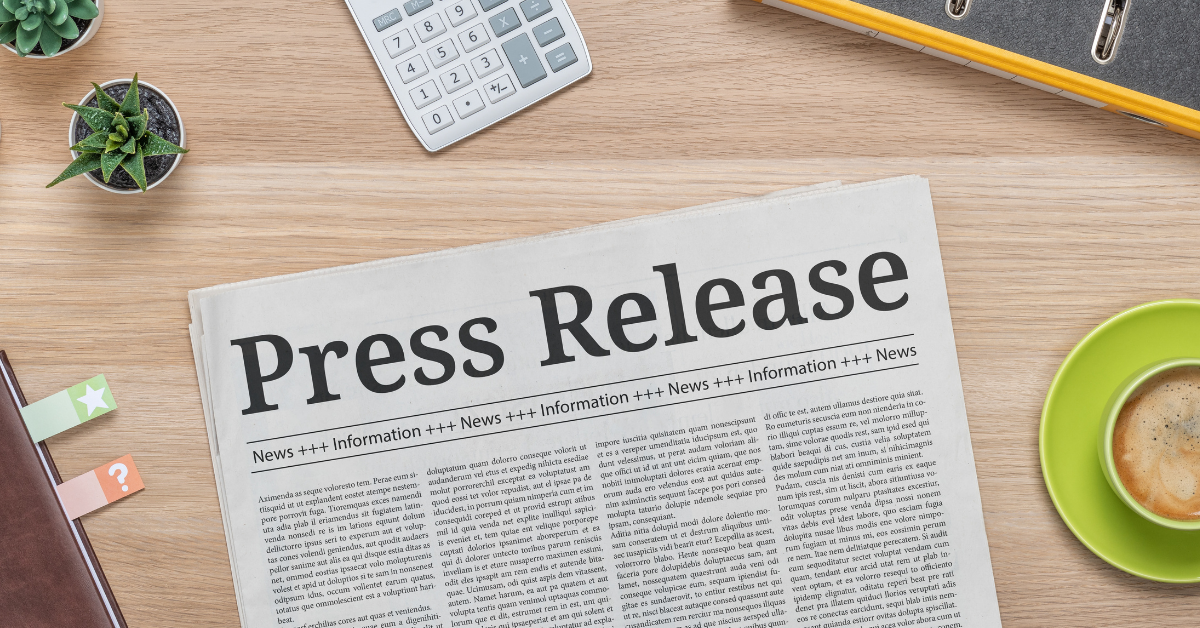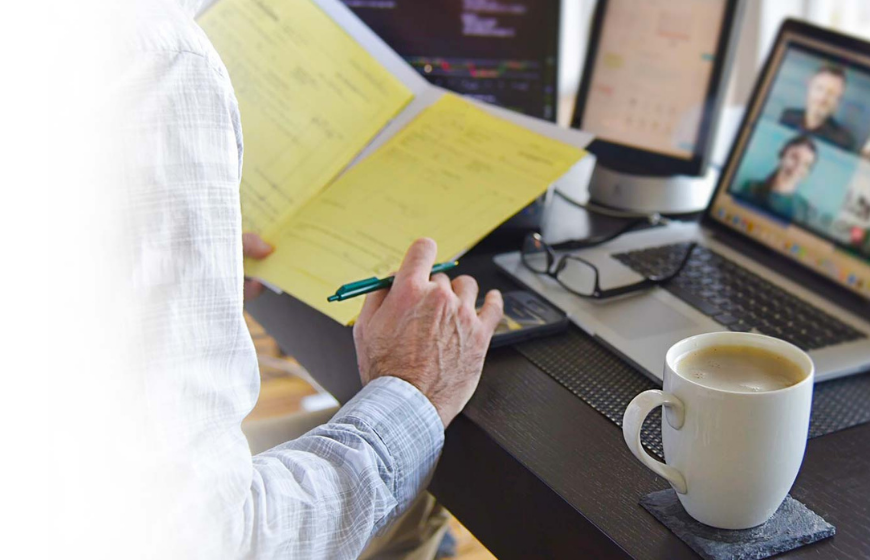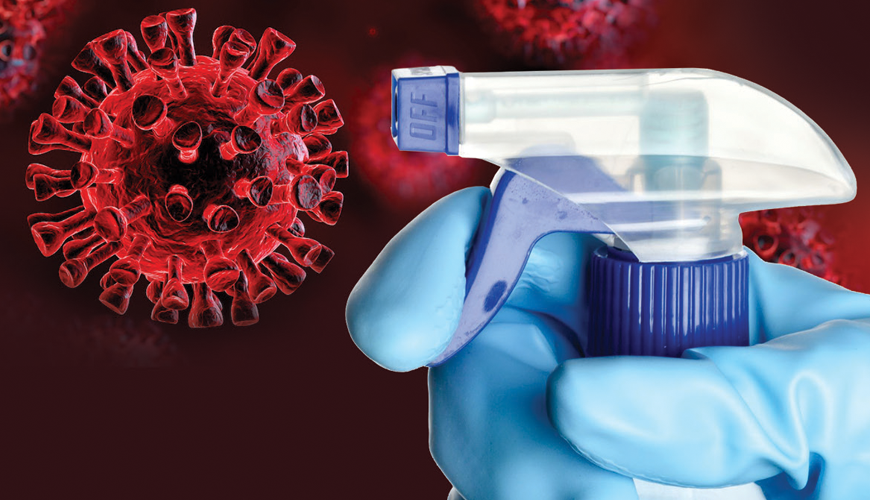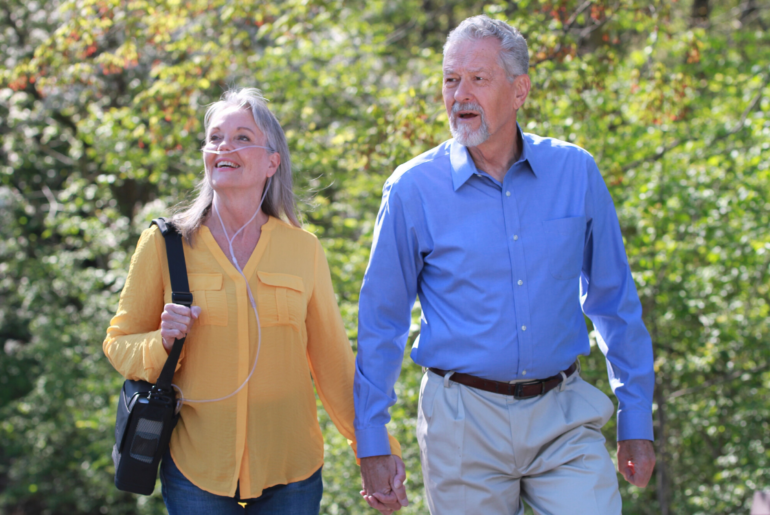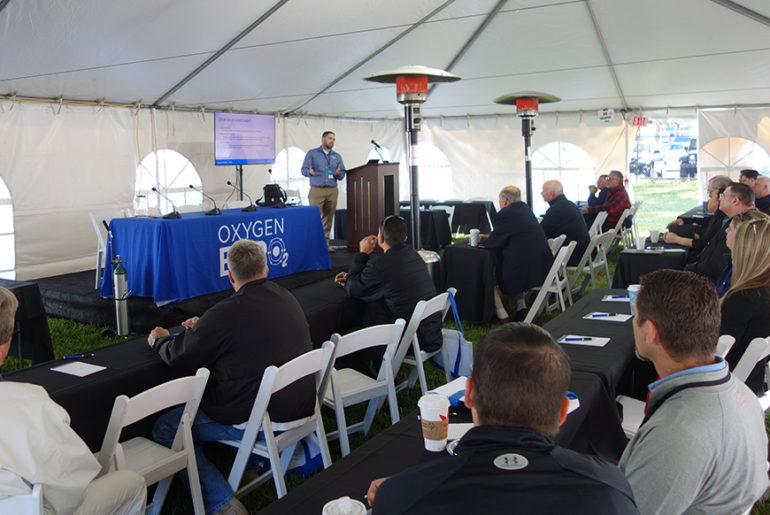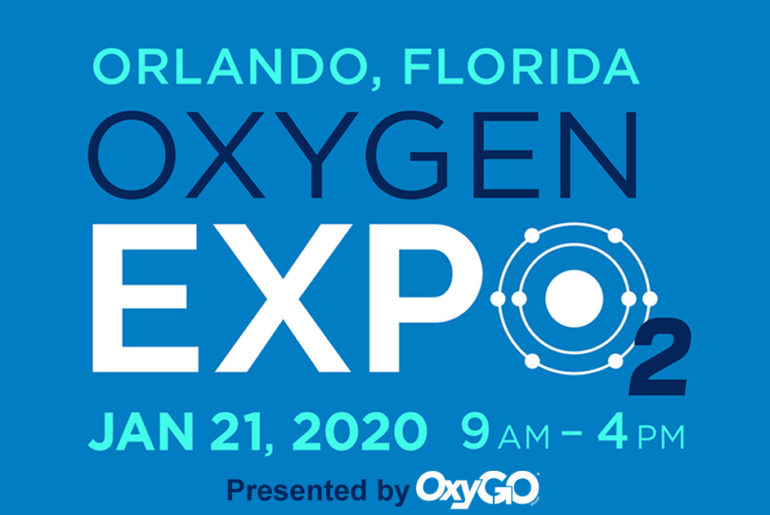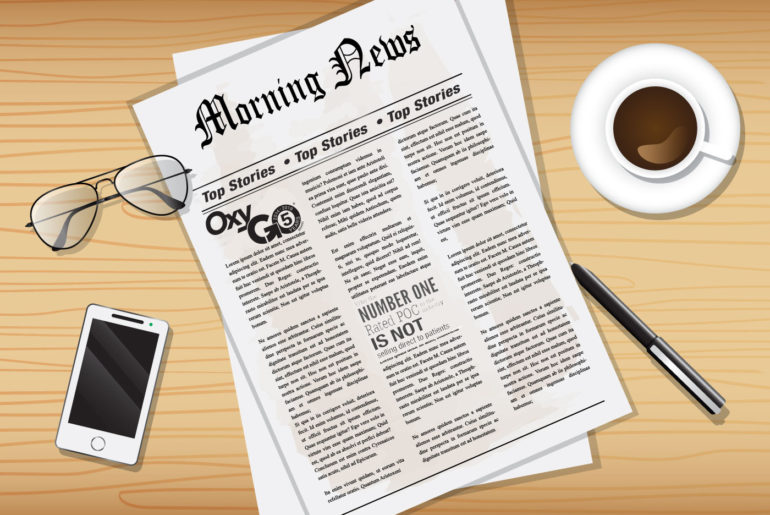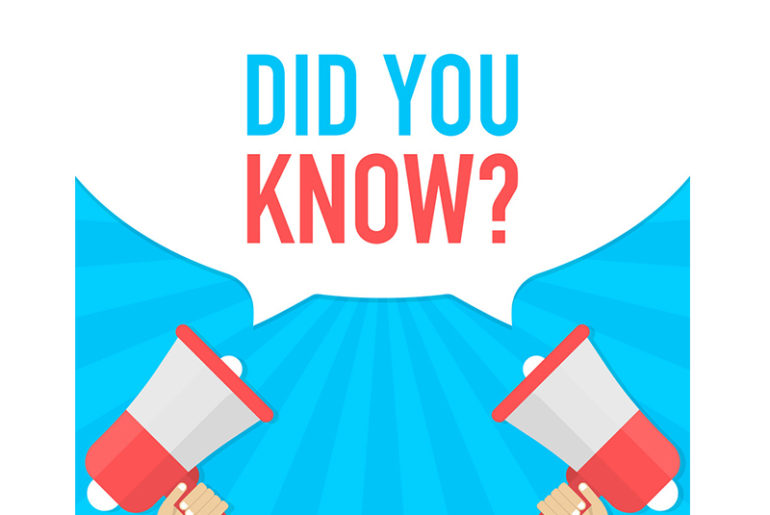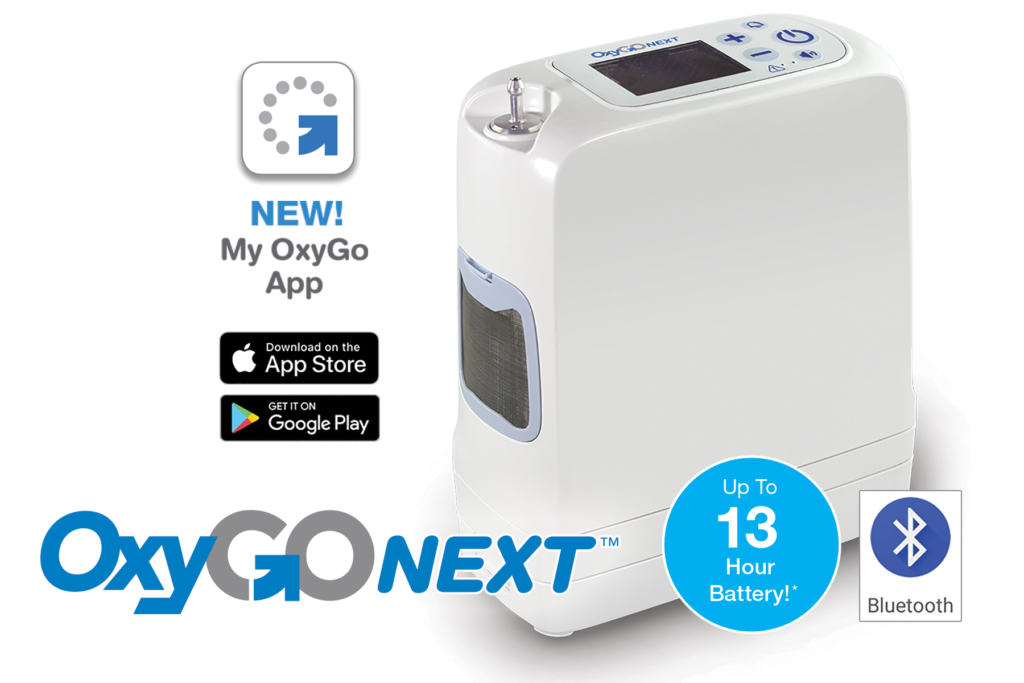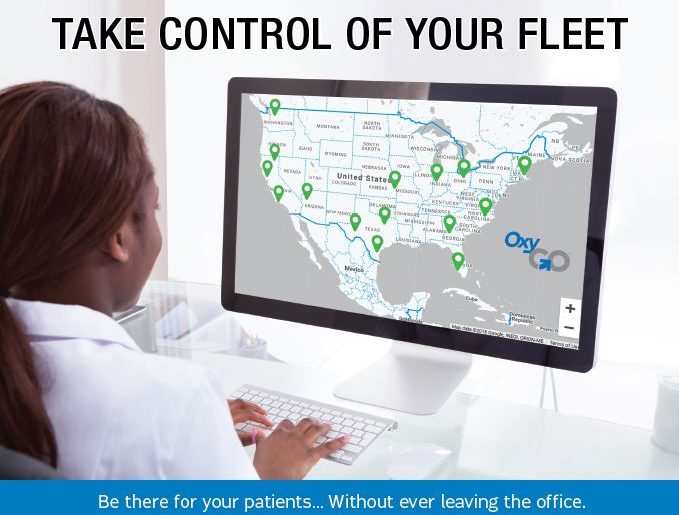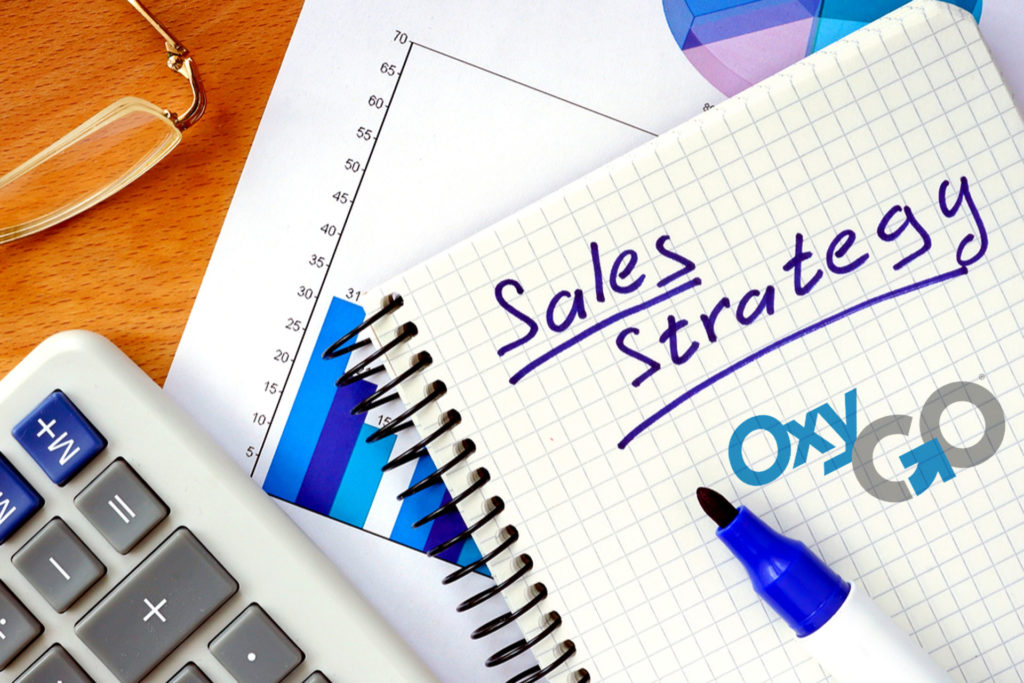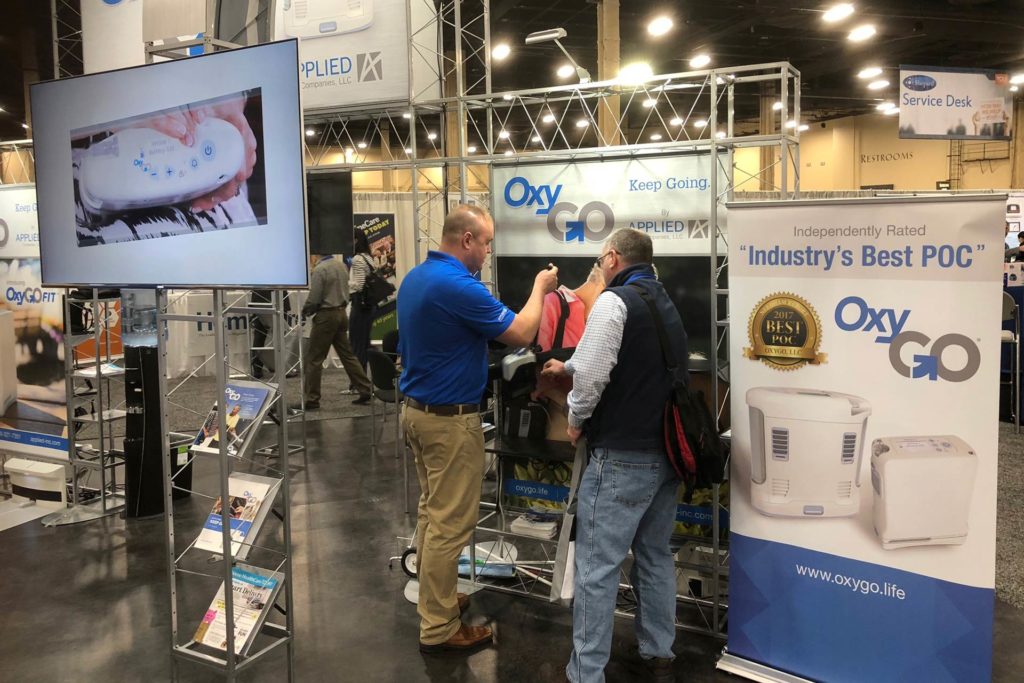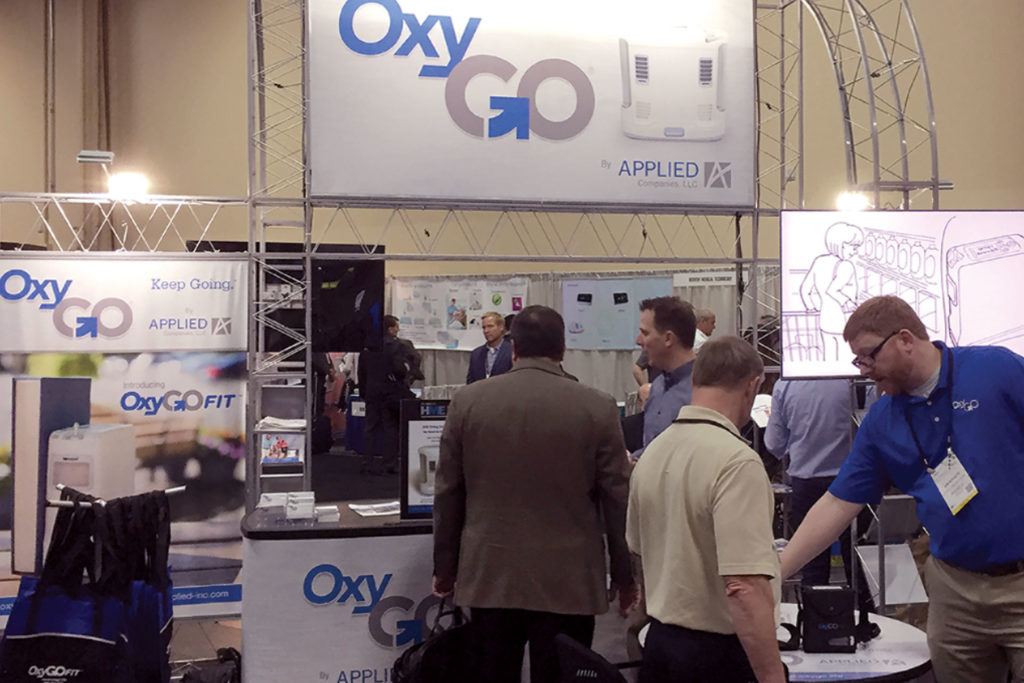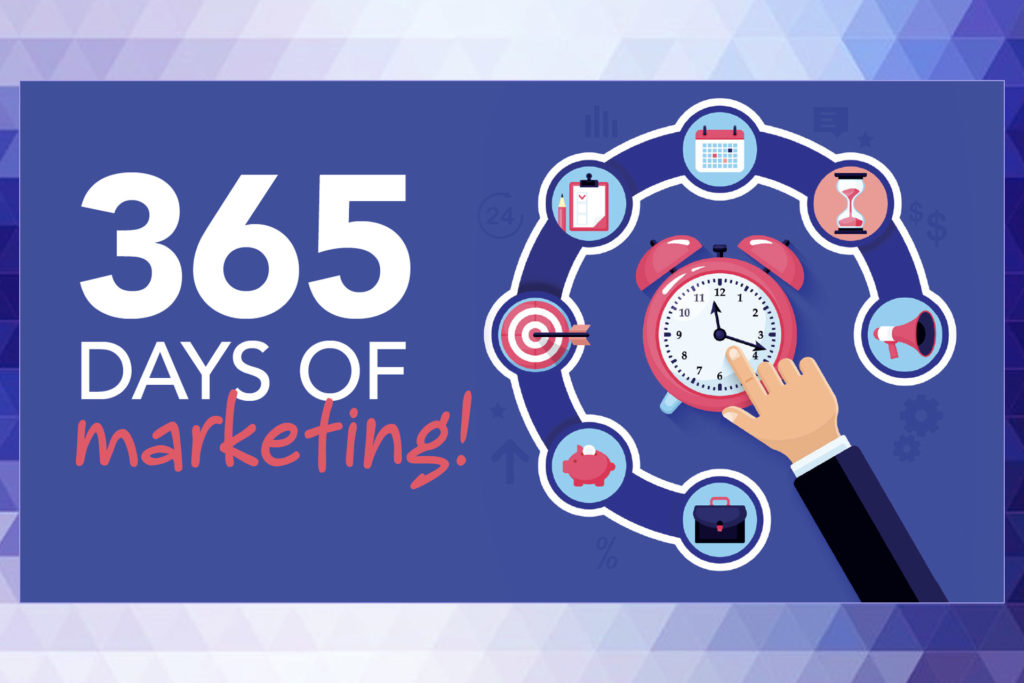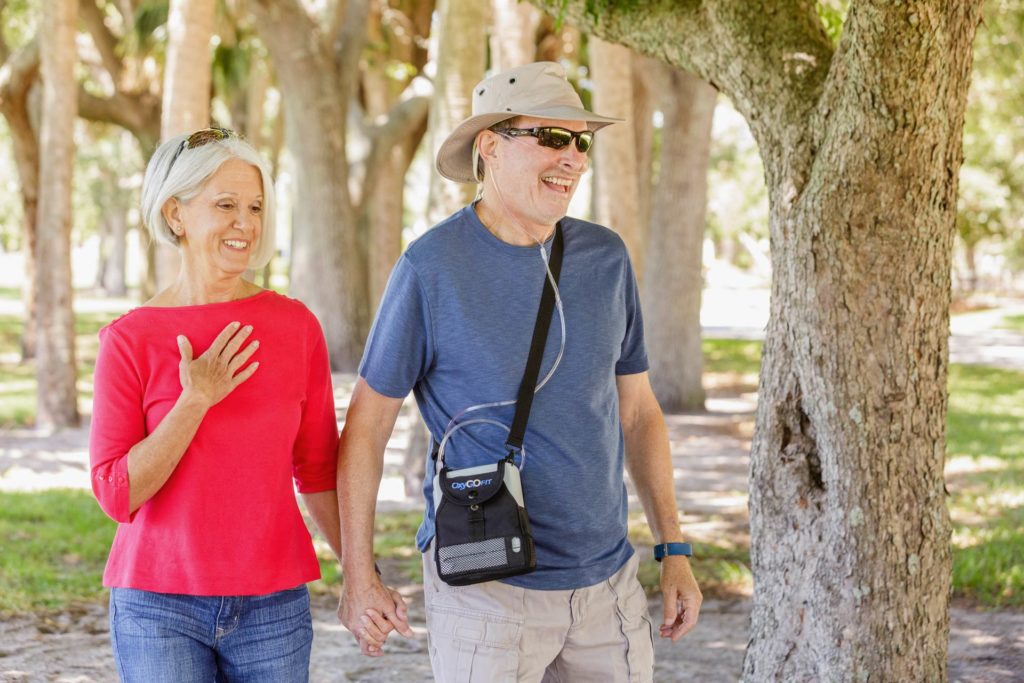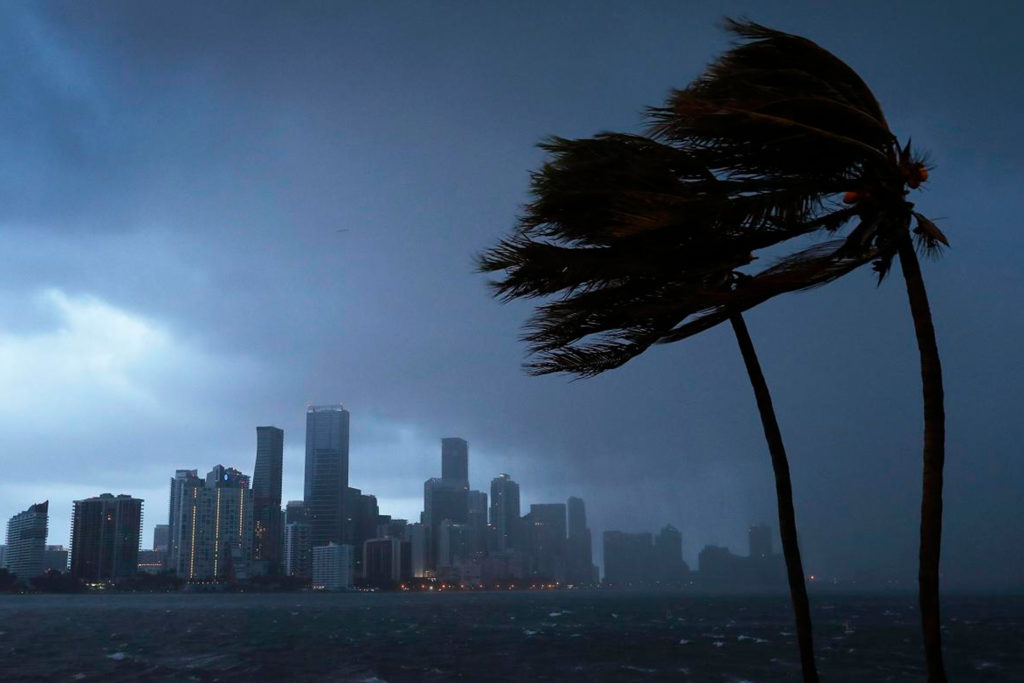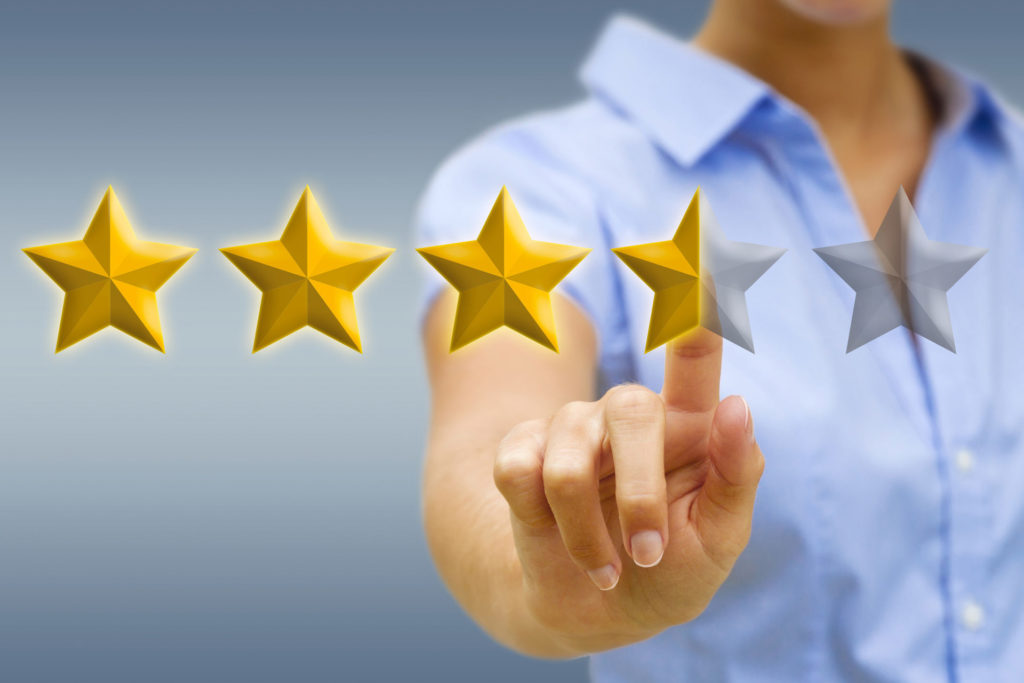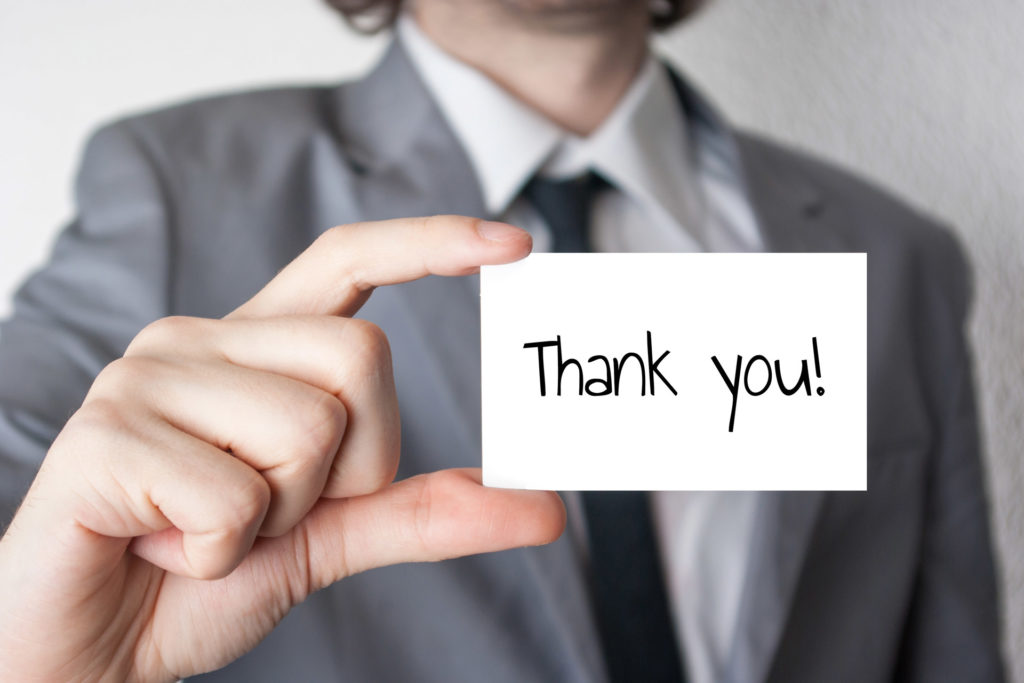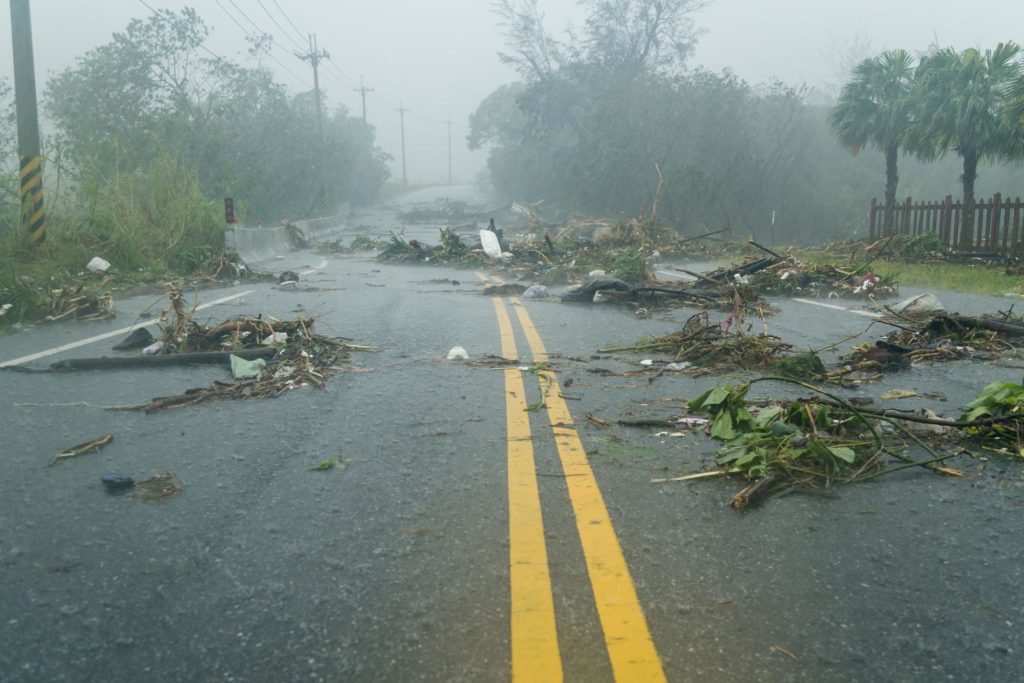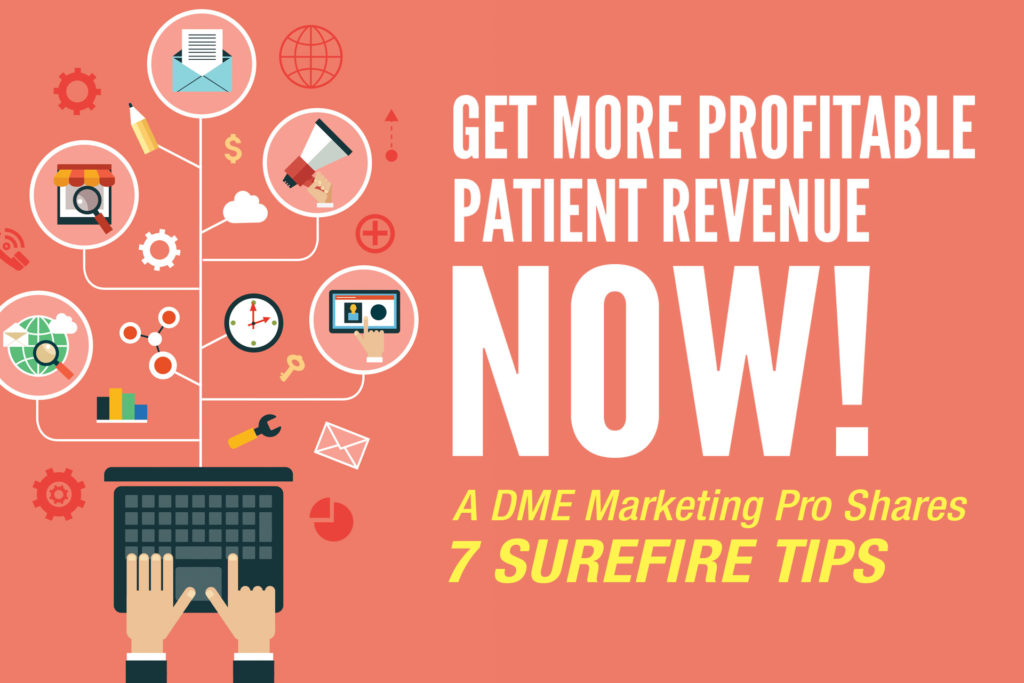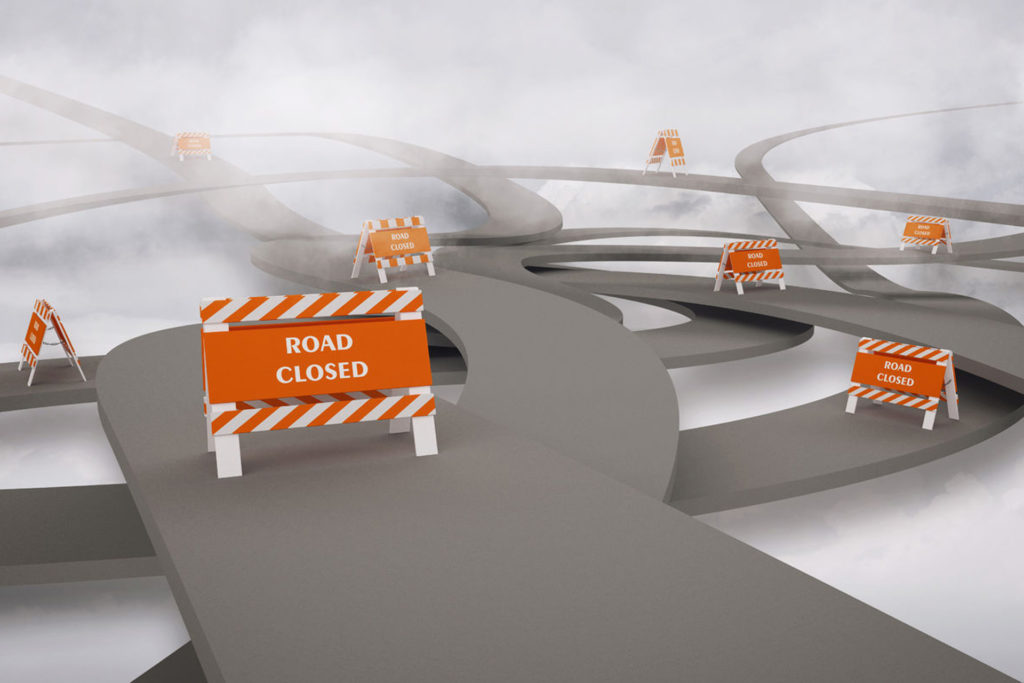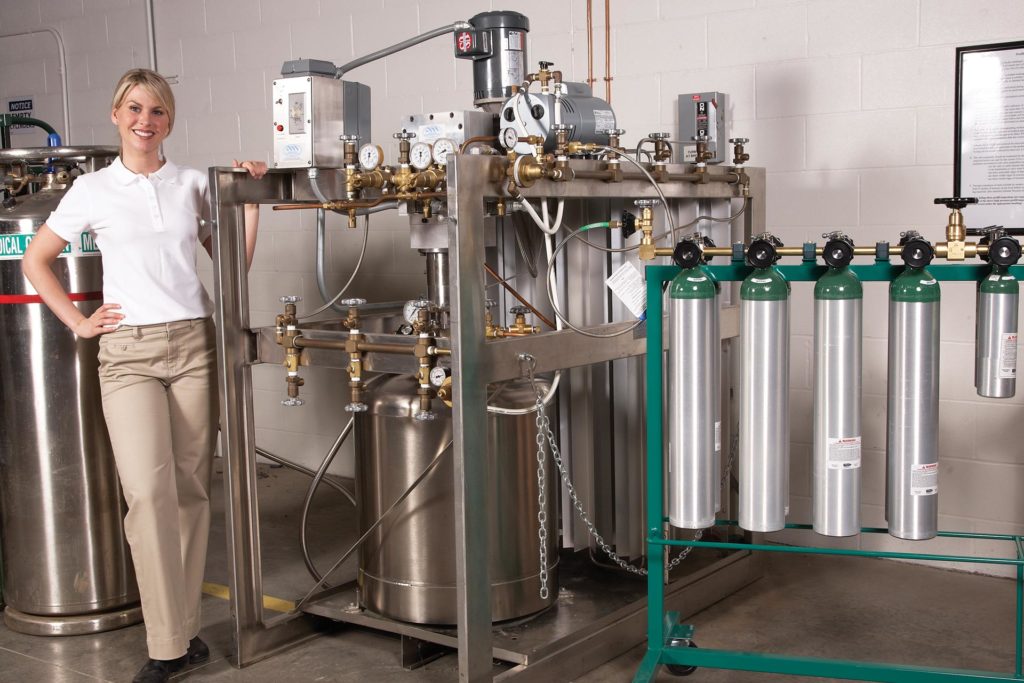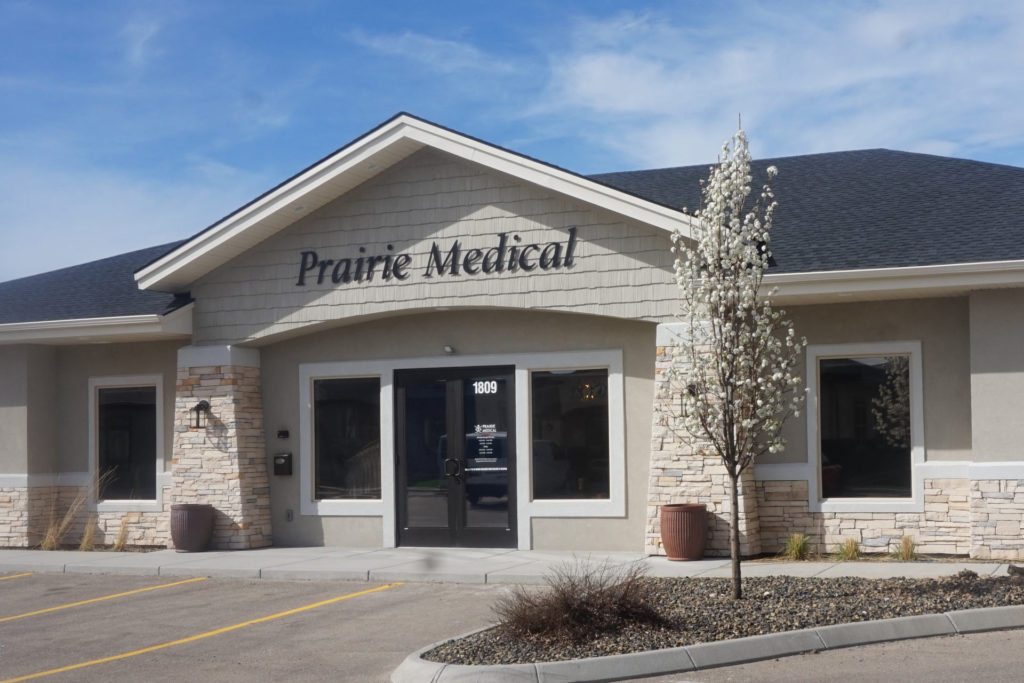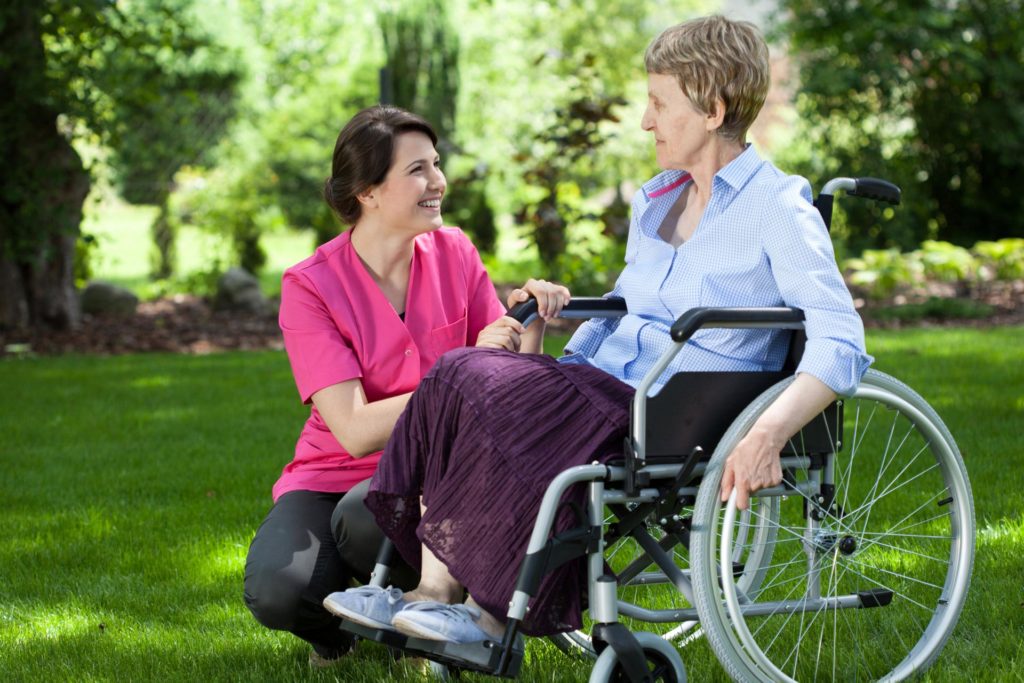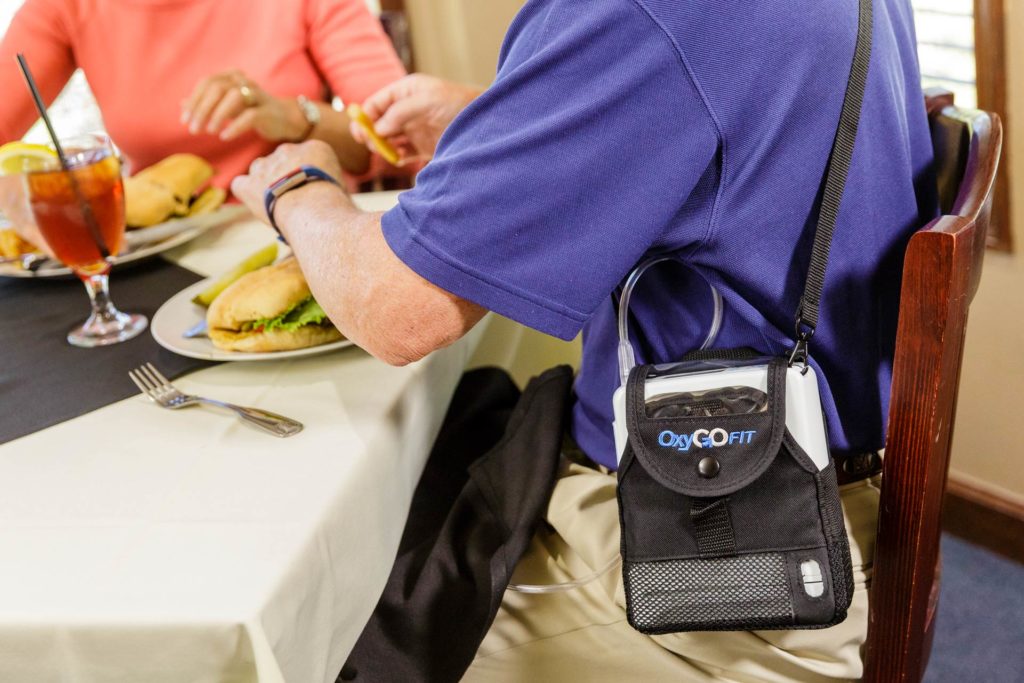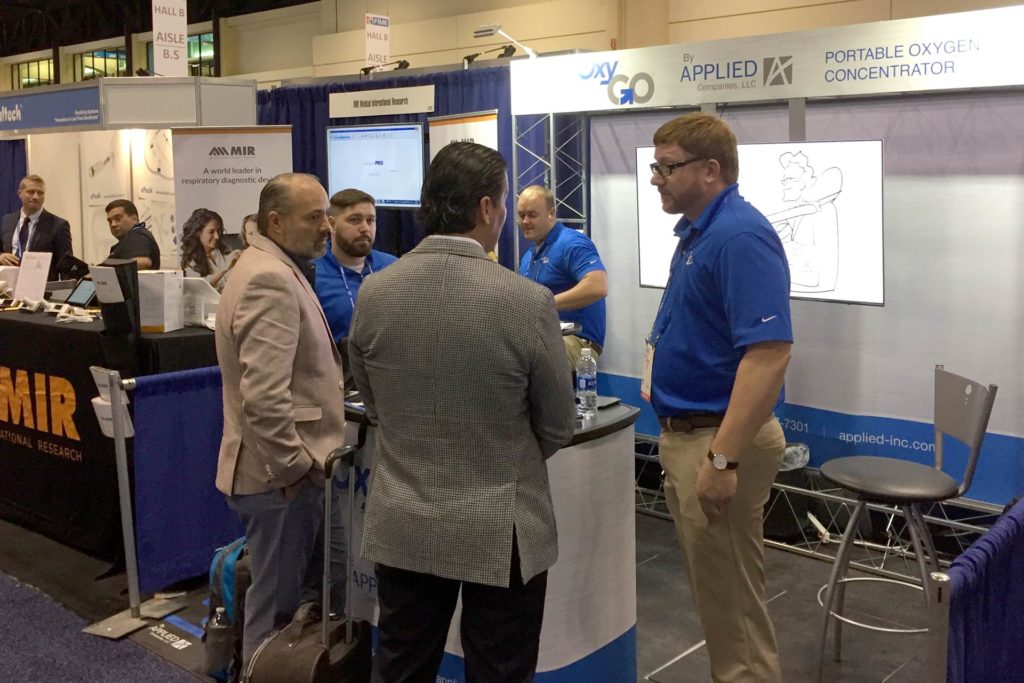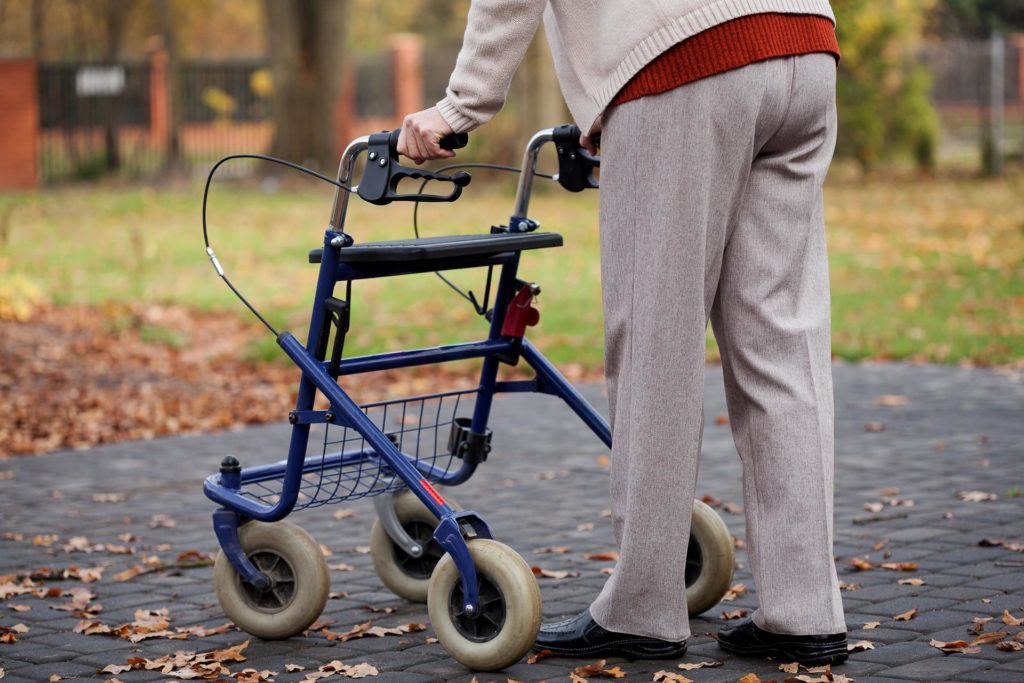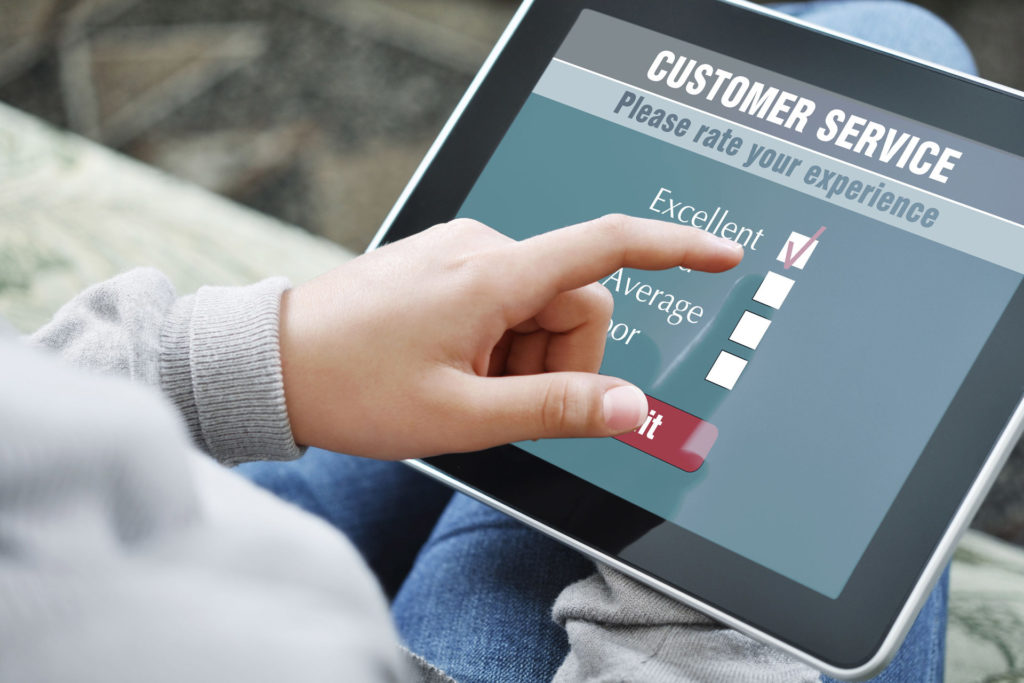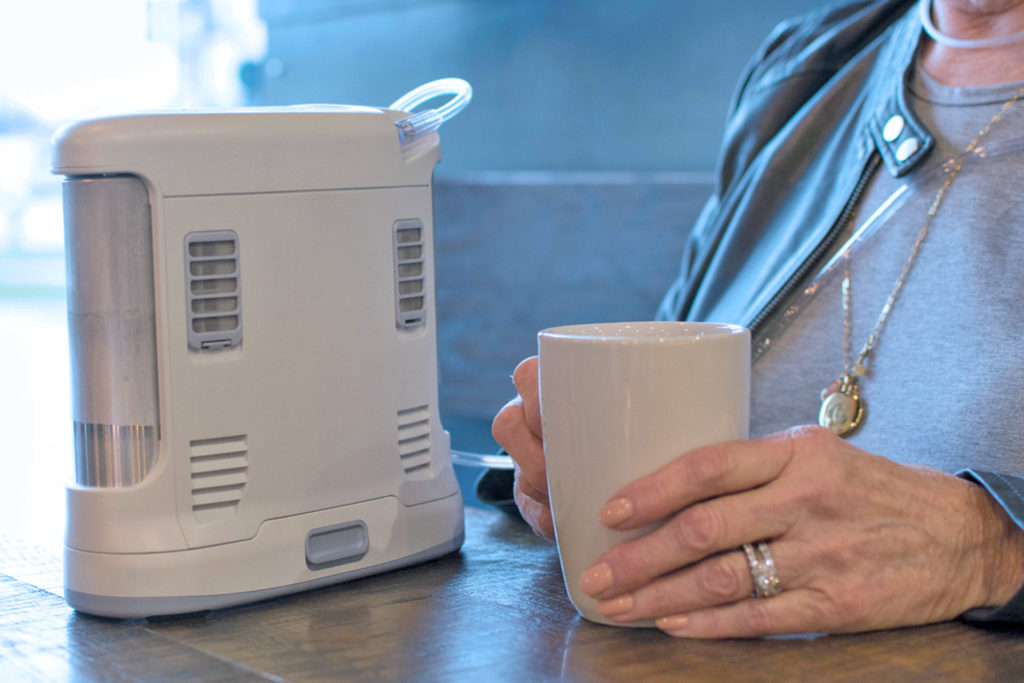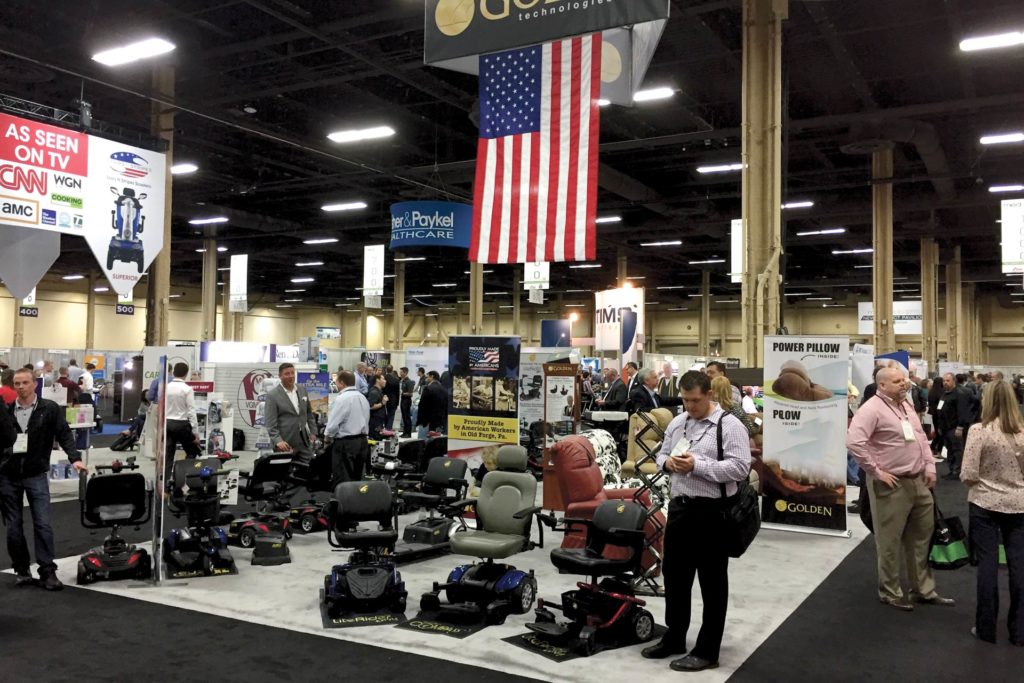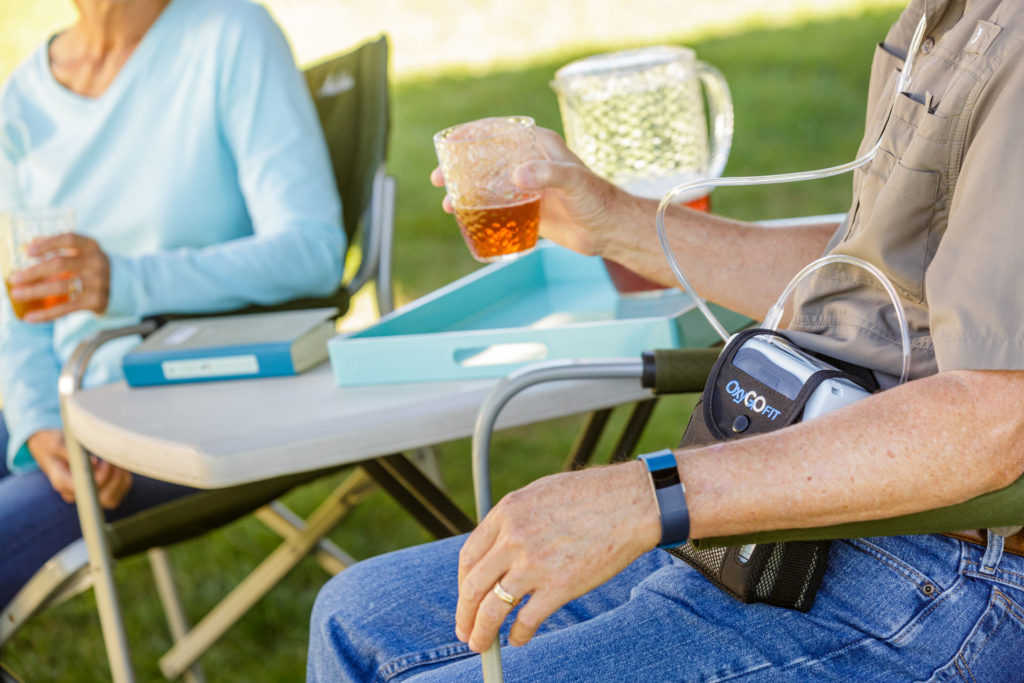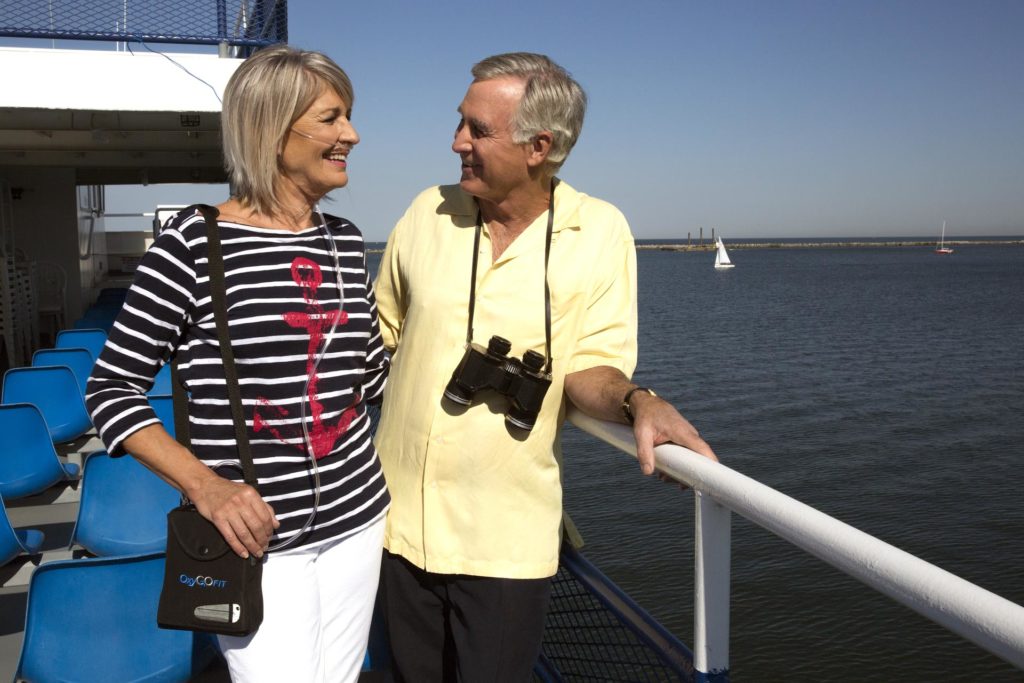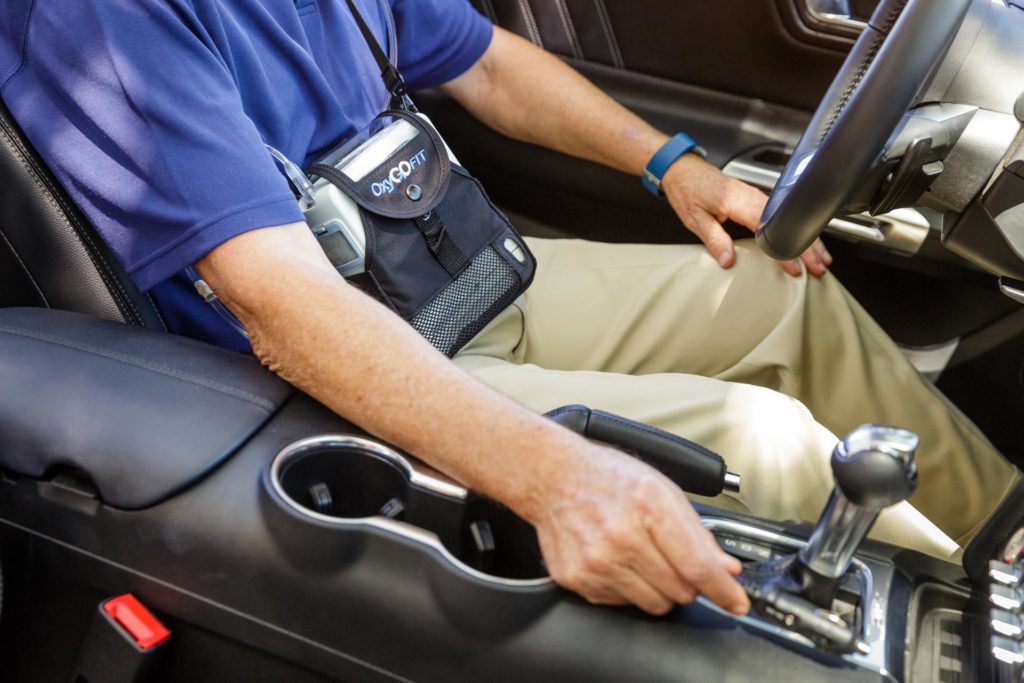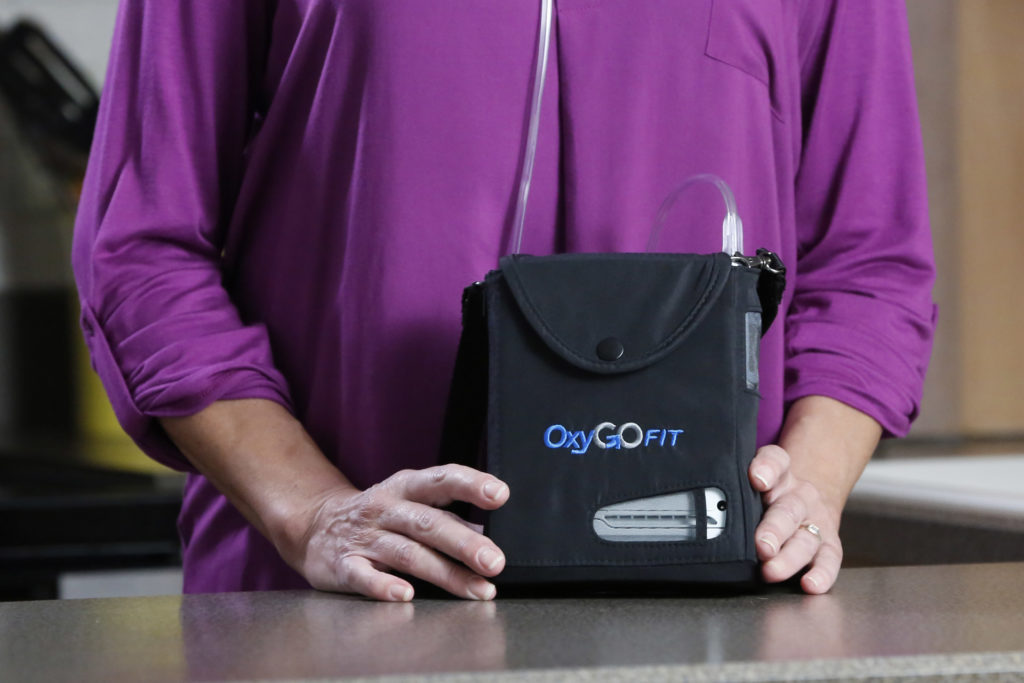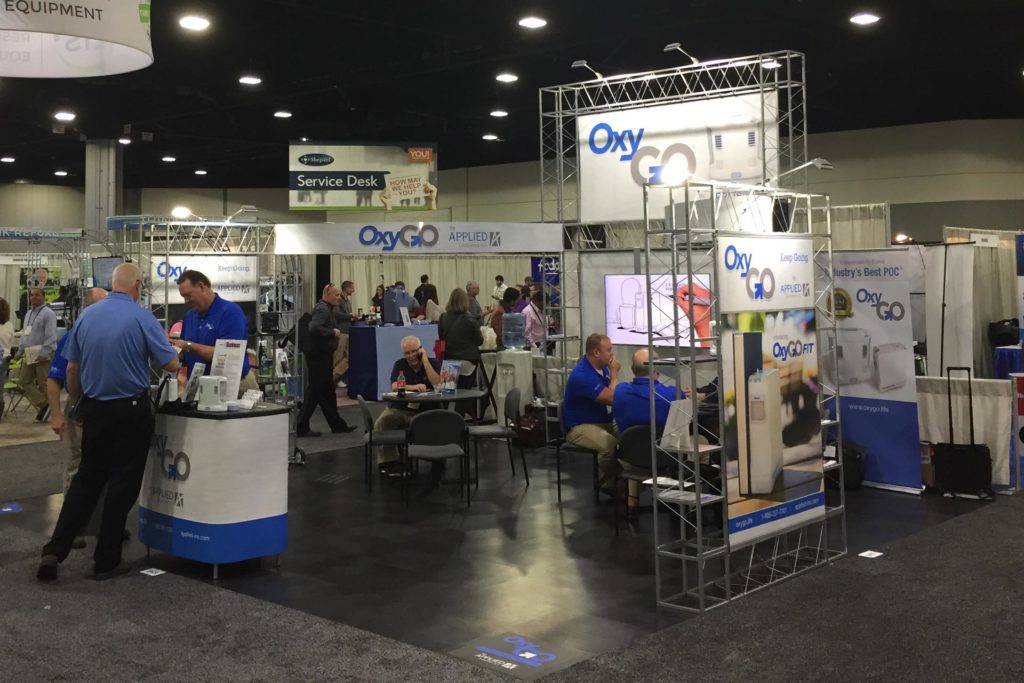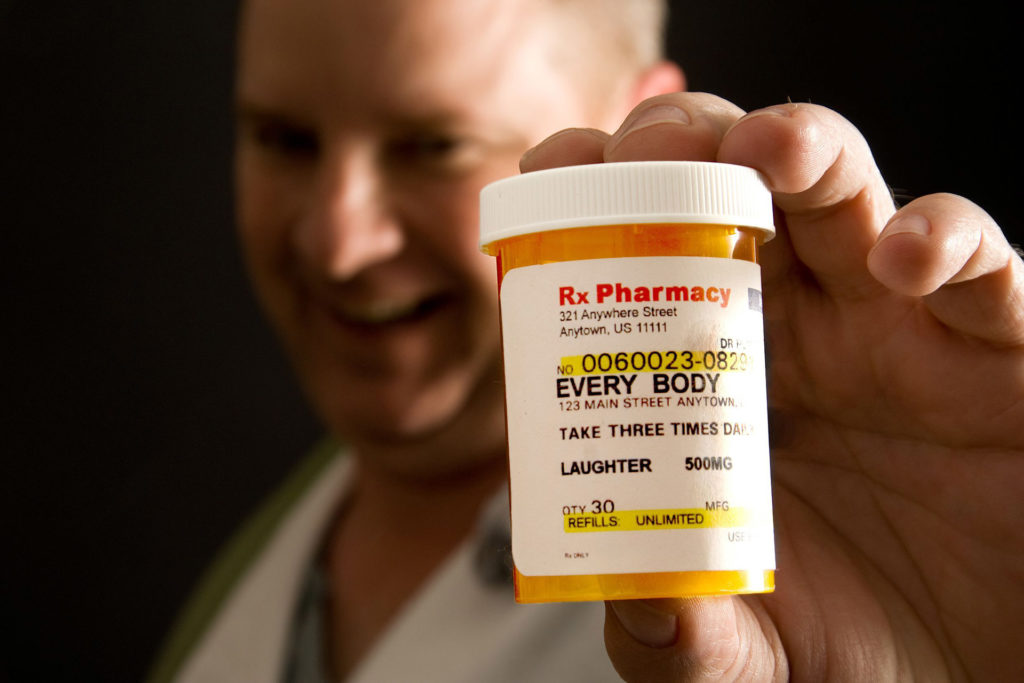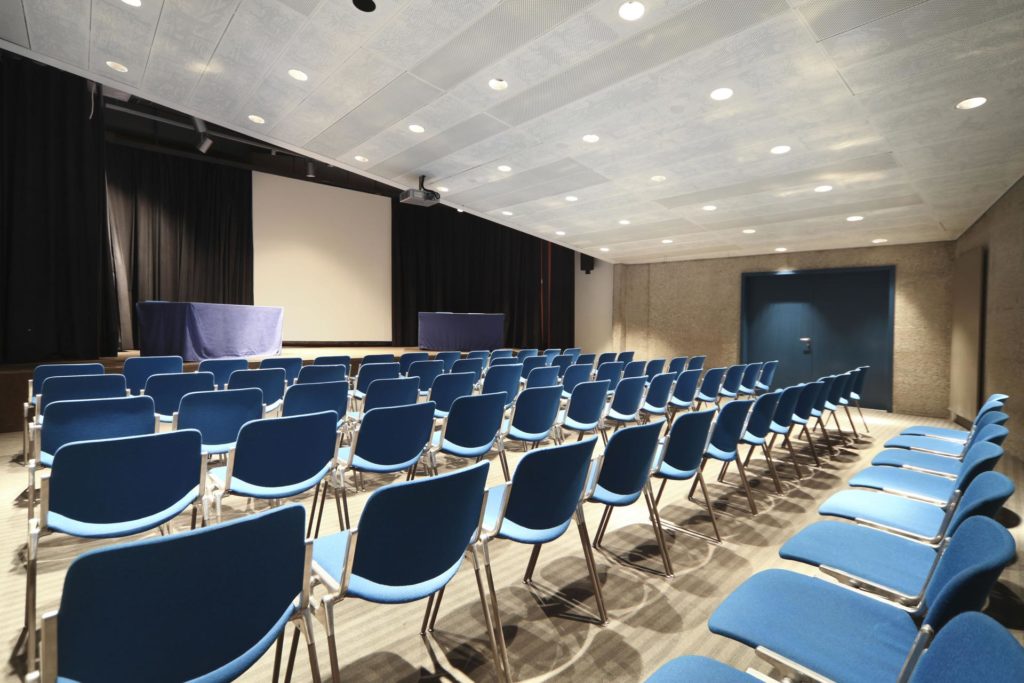Author: DAVE MARQUARD
How Technology Can Enhance Growth at Home and at Work
June 8, 2019 – By Dave Marquard, WEMCO Tech Chair Curiosity has often driven me to action. In 1982 I purchased one of the world’s first portable computers, the Osborne 1. It weighed almost 25 pounds and didn’t have an on-board battery. It had to be plugged into a wall outlet to power up and use. However, it was still classified as a portable computer because it could be hand-carried. The Osborne 1 shipped with a large bundle of software worth almost as much as the computer. That software included some of the most powerful and pioneering programs of the day such as D-Base2 for data sorting; SuperCal, an early spreadsheet, and WordStar, a leading word processor application that had a dominant market share that lasted until the mid-1980s. I was a young VP at a small welding equipment manufacturing company, which while a market leader in its small niche, could never seem to break out of a slow growth cycle. My new “computer aided” ability to process large amounts of data, prepare “what if” scenarios, and then sum it all up quickly in a word-processed proposal, was enormously helpful. It enabled me to make a positive contribution to the company that impressed my superiors, peers, and subordinates. The Osborne 1 enabled us to form teams that used its data enhancing speed benefits to efficiently develop ne
Telepresence Robots Are Changing the Way We Work
“Beam me up, Scotty” You are probably familiar with this iconic catchphrase that made its way into the popular culture from the science fiction television series Star Trek. It was pure fiction in those days. Today, with telepresence robots, technology allows us to “beam up” images of people, places and things that can save thousands of dollars for healthcare companies. Pay attention to this awesome technology—those who use it will have a huge competitive advantage over those who don’t. Today at OxyGo and the Applied Companies, we use telepresence robots in our offices, plants, and even trade shows. We wonder how we worked before we had them. Telepresence robots allow our team members, wherever they are in the world, to attend important meetings, brainstorm, make decisions, develop new products or services, etc., as if they were there in person. They have saved us an enormous amount of one of the most precious and valuable of competitive resources: time. Here’s a real-life example. Telepresence robots have allowed me, and others in my company, to participate in morning meetings in Cleveland, Orlando, and Charlotte and then pop up and greet customers at the Medtrade show in Las Vegas, all in the same day. Speed of implementation, a key competitive advantage, is accelerated becaus
The OxyGo Difference
An acquaintance recently asked me how providers of home healthcare equipment might define what I like to think of as “The OxyGo Difference.” I'd love to have your help answering that question—in fact, I'll provide $100 Amazon gift card to those who submit what I think are the three best responses. Here is what I believe—and hope—our customers would say, if asked: “We have been doing business with Applied for many years and they have always been responsive and provided great customer service that exceeded our expectations. We thought we would give their OxyGo POC a chance. Turned out we loved the OxyGo POC because it is just a great product, dependable as heck and has lots of patient demand. We bought more than we had planned and it keeps on selling.” ~ Karen P “Frankly, we are one of the largest sellers of POCs in the U.S. and we can and do have the pick of any POC we want to offer to our patients. We adopted POCs early and we paid for adopting them early too, with lots of out- of- box failures, warranty issues, and customer complaints galore. However, these issues never surfaced with OxyGo. OxyGo was our third or fourth vendor and they quickly blew away all of their competition. They provided customer service and care at a level that exceeded our largest and most trusted vendors. Plus, the OxyGo just didn't fail. Its returns were at level of 0.04% instead of
Staying Safe in Public Places
Before I started my own business I was a cop in the Cleveland, Ohio area. Police officers are trained to deal with horrible accidents, victims of crime and malicious criminals. My training was extensive and challenging. I handled it well. But nothing could have prepared me—even my military service before becoming a police officer—to deal unemotionally with the October, 2017 shooting tragedy in Las Vegas. That event makes us all wonder how we and our loved ones can be safer in public places. The great orator, writer, and abolitionist Wendell Phillips (1811-1884) was on target when he said, “Eternal vigilance is the price of liberty.” He would be equally well spoken today to say, “Eternal vigilance is the price of personal safety.” The only real defense against bad guys is to stay alert and on the lookout at all times. Put safety first every time and be aware there are definite steps you can take to mitigate danger in public places. Here are safety tips I have gleaned from my police and military background. DON’T BE A VICTIM Victims don’t pay attention to their surroundings. They are daydreaming and ignore obvious danger signals. Put your head on a swivel, look around all the time. Criminals know there are only two kinds of people that look around all the time—and neither are good prey for them. The two types of people who look aroun
Lasting Impact
Many of us have enjoyed opportunities to visit Florida and other sunny destinations. Usually it’s a fun trip to soak up a great climate and to visit with great people. We all think of Miami and other warm weather spots as a kind of paradise, especially in January and February. But as we have recently seen from the hurricanes that savagely struck Texas, Florida and Puerto Rico… there is often a high price for living in these tropical wonderlands. Everyone appreciates the damage caused by high winds. But we should not forget those same winds also blow in high opportunities for fraud. The fraud comes in many different forms: charity fraud, Internet fraud, emergency assistance fraud. Recently I attended an FBI presentation that focused on cyber crime. It was a sobering reminder that American companies, citizens in every walk of life, and even children are the targets of adversaries, terrorists, criminals, and on-line predators. Natural disasters are particularly attractive to fraudsters. Here are a few common scams and what you can do to prevent them: POWER OUTAGES Power outages represent opportunities for fraudsters because the outage largely prevents you from being alerted to fraudulent access to your bank ATM accounts, credit cards, loans, re-routing of social security and other payments such as ACH and wire transfers. Never assume because your electricity is out that th
From the Corner Office
The late great St. Louis Cardinal’s Hall-of-Fame pitcher Dizzy Dean once reportedly said: “It ain’t braggin’ if ya’ can back it up.” Well, in this case I can back it up, so I hope it doesn’t come across as bragging. I am excited because OxyGo® and the Applied Companies won a prestigious 2017 Weatherhead 100 Award this past November for the second consecutive year. It validates my belief we are on the right track in our efforts to enable you to serve the oxygen needs of your patients with the best and most reliable products to help them breath better and keep going. Weatherhead awards are presented each year to the fastest growing 100 companies in Northeast Ohio. They were based in 2017 on five year revenue growth from 2012 through 2016. Companies on the list must have had sales of at least $100,000 in 2012 plus a minimum of 16-full time employees and more than $1 million in sales in 2016. Much has changed since the Weatherhead 100 debuted in 1988 when Ronald Reagan was president. The Dow Jones closed that year at 2,168 and interest rates were close to 11%. Progressive Insurance ranked 27th on the list with $1 billion in sales. The Mayfield Heights, OH based company did $23 billion in sales last year. Nordson was 89th on the list in 1988 and in 2011 built a new LEED-certified green headquarters near our
Hungry for VC Money?
Have you ever wondered what it might be like to be a venture capitalist and make the call on whether or not to invest up to $10 million or $15 million in someone else’s idea? I recently had the opportunity to find out while attending a finance class at the Harvard Business School. In that class were founders or principals of three highly successful venture capital firms (VCs). One of them was an early investor in Apple and another in Facebook. And one of them admitted to turning down Garrett Camp, cofounder of Uber. At the time, this VC explained, Camp had a half dozen lawsuits against him in San Francisco alone. In talking with them they were kind enough to give me a quantitative framework for understanding the differences in investments involving foreclosures, leveraged buyouts (LBO) and typical VC investments. The math is pretty straight forward. In a business foreclosure, buyers might be willing to pay thirty cents ($0.30) on every asset dollar. In an LBO, a willing buyer might pay ninety cents ($0.90) with perhaps twenty cents ($0.20) as an incentive at a later time, totaling one dollar ten cents ($1.10) for every asset dollar. A VC firm might pay two dollars ($2.00) for every asset dollar ($1.00), hoping to sell it in three to five years for five dollars ($5.00) or 2.5 times their investment. The three VC firms in our class, it turns out, had each invested at different sta
Credit Financing Options
Eleven years ago Muhammad Yunus, a Bangladeshi, won the Nobel Peace Prize for founding the Grameen Bank and pioneering the concepts of microcredit and microfinance. The bank specializes in giving loans to entrepreneurs too poor to qualify for traditional bank lending loan packages. Its loans have made a tremendous difference in the quality of life for millions of people. The citation for Yunus and the bank included praise “for their efforts through microcredit and microfinance to create economic and social development from below”. Creative and generous credit programs, used responsibly, are very powerful tools to improve the quality of life for patients and care givers. Dr. Yunus’s first loan was $27.00 USD to 42 borrowers (mostly poor women) in one small village. They made an average profit of $0.02 per dollar and created small businesses that even today feed their families. The loans were repaid in full. Today, Dr. Yunus’s Grameen Bank loans 7 million borrowers an average of $862 of which 94% are poor women starting small businesses to feed their families. The repayment rate is currently between 98 and 99%. While homecare credit programs are not going to win the Nobel Peace Prize, the United States Presidential Medal of Freedom and / or Congressional Gold Medal, which were won by Dr. Yunus, we too can help millions of patients have a better life. Nothing makes us a happier in the home healthcare industry than the words we so love to
OxyGo Day Proclaimed by the City of Westlake, Ohio
FEBRUARY 16, 2017 WAS A BIG DAY FOR OXYGO, LLC. Westlake Mayor Dennis M. Clough issued a proclamation marking it as “OxyGo Day” in the city of Westlake. The proclamation noted how the company’s concentrators improved a patient’s quality of life and how OxyGo, LLC and the Applied Companies, LLC had grown into a highly respected business, manufacturing and supplying more than 400 innovative respiratory care products. It also cited OxyGo, LLC for being a 2016 winner of the Case Western Reserve prestigious Weatherhead School of Management 100 list of fastest growing companies in Northeast Ohio. Dave Marquard II, owner and CEO of OxyGo and the Applied Companies, took great pride in accepting the award on behalf of all the OxyGo and Applied associates. “It was our honor to be selected as a 2016 Weatherhead 100 Winner. Established in 1988, The Weatherhead 100 awards are the premier celebration of Northeast Ohio’s spirit of entrepreneurship and the companies leading the way in Northeast Ohio,” said Marquard. “Each year, the Weatherhead School of Management recognizes this elite group of companies who are the best example of leadership, growth and success in our region over a period of five years. The Weatherhead School of Management at Case Western Reserve University is one of the top business schools in the world,” he added. He thanked Mayor Clough at a special lunch for the OxyGo Day proclamation and noted that
Reduce Your Risk of Being Hacked
10 proven tech tips for every home healthcare DME Benjamin Franklin was addressing fire prevention, not healthcare, when he coined the famous axiom “An ounce of prevention is worth a pound of cure.” But I can see his thinking clearly applying to our homecare industry today. In the case of being hacked, one could modify Ben’s saying to: “An ounce of prevention is worth many thousands and even millions of dollars of cures.” As the CEO and owner of Applied Home Healthcare Equipment, I have had the good fortune to visit many home healthcare businesses across the U.S. Virtually all them seem to share a passion for going the extra mile to serve their patients. But great service doesn’t defeat hackers from targeting your business. In my visits I have heard on more than a few occasions how lax email practices have caused anguish and regret. My son is a computer expert/ consultant who has worked for IBM and Google. He grew up with computers and has taught me a lot about the need for careful email handling. Here are ten rules I have learned from him, and from my own personal experience in serving the heathcare industry, about email safety. These precautions could save you much aggravation and many lost income dollars, if followed. Never put anything sensitive in an email that you wouldn’t want to see in your local newspaper. This is true even if you have been guaranteed the email is secure from national media, television, radio, bl
Blog - Author: DAVE MARQUARD
Author: DAVE MARQUARD
How Technology Can Enhance Growth at Home and at Work
June 8, 2019 – By Dave Marquard, WEMCO Tech Chair Curiosity has often driven me to action. In 1982 I purchased one of the world’s first portable computers, the Osborne 1. It weighed almost 25 pounds and didn’t have an on-board battery. It had to be plugged into a wall outlet to power up and use. However, it was still classified as a portable computer because it could be hand-carried. The Osborne 1 shipped with a large bundle of software worth almost as much as the computer. That software included some of the most powerful and pioneering programs of the day such as D-Base2 for data sorting; SuperCal, an early spreadsheet, and WordStar, a leading word processor application that had a dominant market share that lasted until the mid-1980s. I was a young VP at a small welding equipment manufacturing company, which while a market leader in its small niche, could never seem to break out of a slow growth cycle. My new “computer aided” ability to process large amounts of data, prepare “what if” scenarios, and then sum it all up quickly in a word-processed proposal, was enormously helpful. It enabled me to make a positive contribution to the company that impressed my superiors, peers, and subordinates. The Osborne 1 enabled us to form teams that used its data enhancing speed benefits to efficiently develop ne
Telepresence Robots Are Changing the Way We Work
“Beam me up, Scotty” You are probably familiar with this iconic catchphrase that made its way into the popular culture from the science fiction television series Star Trek. It was pure fiction in those days. Today, with telepresence robots, technology allows us to “beam up” images of people, places and things that can save thousands of dollars for healthcare companies. Pay attention to this awesome technology—those who use it will have a huge competitive advantage over those who don’t. Today at OxyGo and the Applied Companies, we use telepresence robots in our offices, plants, and even trade shows. We wonder how we worked before we had them. Telepresence robots allow our team members, wherever they are in the world, to attend important meetings, brainstorm, make decisions, develop new products or services, etc., as if they were there in person. They have saved us an enormous amount of one of the most precious and valuable of competitive resources: time. Here’s a real-life example. Telepresence robots have allowed me, and others in my company, to participate in morning meetings in Cleveland, Orlando, and Charlotte and then pop up and greet customers at the Medtrade show in Las Vegas, all in the same day. Speed of implementation, a key competitive advantage, is accelerated becaus
The OxyGo Difference
An acquaintance recently asked me how providers of home healthcare equipment might define what I like to think of as “The OxyGo Difference.” I'd love to have your help answering that question—in fact, I'll provide $100 Amazon gift card to those who submit what I think are the three best responses. Here is what I believe—and hope—our customers would say, if asked: “We have been doing business with Applied for many years and they have always been responsive and provided great customer service that exceeded our expectations. We thought we would give their OxyGo POC a chance. Turned out we loved the OxyGo POC because it is just a great product, dependable as heck and has lots of patient demand. We bought more than we had planned and it keeps on selling.” ~ Karen P “Frankly, we are one of the largest sellers of POCs in the U.S. and we can and do have the pick of any POC we want to offer to our patients. We adopted POCs early and we paid for adopting them early too, with lots of out- of- box failures, warranty issues, and customer complaints galore. However, these issues never surfaced with OxyGo. OxyGo was our third or fourth vendor and they quickly blew away all of their competition. They provided customer service and care at a level that exceeded our largest and most trusted vendors. Plus, the OxyGo just didn't fail. Its returns were at level of 0.04% instead of
Staying Safe in Public Places
Before I started my own business I was a cop in the Cleveland, Ohio area. Police officers are trained to deal with horrible accidents, victims of crime and malicious criminals. My training was extensive and challenging. I handled it well. But nothing could have prepared me—even my military service before becoming a police officer—to deal unemotionally with the October, 2017 shooting tragedy in Las Vegas. That event makes us all wonder how we and our loved ones can be safer in public places. The great orator, writer, and abolitionist Wendell Phillips (1811-1884) was on target when he said, “Eternal vigilance is the price of liberty.” He would be equally well spoken today to say, “Eternal vigilance is the price of personal safety.” The only real defense against bad guys is to stay alert and on the lookout at all times. Put safety first every time and be aware there are definite steps you can take to mitigate danger in public places. Here are safety tips I have gleaned from my police and military background. DON’T BE A VICTIM Victims don’t pay attention to their surroundings. They are daydreaming and ignore obvious danger signals. Put your head on a swivel, look around all the time. Criminals know there are only two kinds of people that look around all the time—and neither are good prey for them. The two types of people who look aroun
Lasting Impact
Many of us have enjoyed opportunities to visit Florida and other sunny destinations. Usually it’s a fun trip to soak up a great climate and to visit with great people. We all think of Miami and other warm weather spots as a kind of paradise, especially in January and February. But as we have recently seen from the hurricanes that savagely struck Texas, Florida and Puerto Rico… there is often a high price for living in these tropical wonderlands. Everyone appreciates the damage caused by high winds. But we should not forget those same winds also blow in high opportunities for fraud. The fraud comes in many different forms: charity fraud, Internet fraud, emergency assistance fraud. Recently I attended an FBI presentation that focused on cyber crime. It was a sobering reminder that American companies, citizens in every walk of life, and even children are the targets of adversaries, terrorists, criminals, and on-line predators. Natural disasters are particularly attractive to fraudsters. Here are a few common scams and what you can do to prevent them: POWER OUTAGES Power outages represent opportunities for fraudsters because the outage largely prevents you from being alerted to fraudulent access to your bank ATM accounts, credit cards, loans, re-routing of social security and other payments such as ACH and wire transfers. Never assume because your electricity is out that th
From the Corner Office
The late great St. Louis Cardinal’s Hall-of-Fame pitcher Dizzy Dean once reportedly said: “It ain’t braggin’ if ya’ can back it up.” Well, in this case I can back it up, so I hope it doesn’t come across as bragging. I am excited because OxyGo® and the Applied Companies won a prestigious 2017 Weatherhead 100 Award this past November for the second consecutive year. It validates my belief we are on the right track in our efforts to enable you to serve the oxygen needs of your patients with the best and most reliable products to help them breath better and keep going. Weatherhead awards are presented each year to the fastest growing 100 companies in Northeast Ohio. They were based in 2017 on five year revenue growth from 2012 through 2016. Companies on the list must have had sales of at least $100,000 in 2012 plus a minimum of 16-full time employees and more than $1 million in sales in 2016. Much has changed since the Weatherhead 100 debuted in 1988 when Ronald Reagan was president. The Dow Jones closed that year at 2,168 and interest rates were close to 11%. Progressive Insurance ranked 27th on the list with $1 billion in sales. The Mayfield Heights, OH based company did $23 billion in sales last year. Nordson was 89th on the list in 1988 and in 2011 built a new LEED-certified green headquarters near our
Hungry for VC Money?
Have you ever wondered what it might be like to be a venture capitalist and make the call on whether or not to invest up to $10 million or $15 million in someone else’s idea? I recently had the opportunity to find out while attending a finance class at the Harvard Business School. In that class were founders or principals of three highly successful venture capital firms (VCs). One of them was an early investor in Apple and another in Facebook. And one of them admitted to turning down Garrett Camp, cofounder of Uber. At the time, this VC explained, Camp had a half dozen lawsuits against him in San Francisco alone. In talking with them they were kind enough to give me a quantitative framework for understanding the differences in investments involving foreclosures, leveraged buyouts (LBO) and typical VC investments. The math is pretty straight forward. In a business foreclosure, buyers might be willing to pay thirty cents ($0.30) on every asset dollar. In an LBO, a willing buyer might pay ninety cents ($0.90) with perhaps twenty cents ($0.20) as an incentive at a later time, totaling one dollar ten cents ($1.10) for every asset dollar. A VC firm might pay two dollars ($2.00) for every asset dollar ($1.00), hoping to sell it in three to five years for five dollars ($5.00) or 2.5 times their investment. The three VC firms in our class, it turns out, had each invested at different sta
Credit Financing Options
Eleven years ago Muhammad Yunus, a Bangladeshi, won the Nobel Peace Prize for founding the Grameen Bank and pioneering the concepts of microcredit and microfinance. The bank specializes in giving loans to entrepreneurs too poor to qualify for traditional bank lending loan packages. Its loans have made a tremendous difference in the quality of life for millions of people. The citation for Yunus and the bank included praise “for their efforts through microcredit and microfinance to create economic and social development from below”. Creative and generous credit programs, used responsibly, are very powerful tools to improve the quality of life for patients and care givers. Dr. Yunus’s first loan was $27.00 USD to 42 borrowers (mostly poor women) in one small village. They made an average profit of $0.02 per dollar and created small businesses that even today feed their families. The loans were repaid in full. Today, Dr. Yunus’s Grameen Bank loans 7 million borrowers an average of $862 of which 94% are poor women starting small businesses to feed their families. The repayment rate is currently between 98 and 99%. While homecare credit programs are not going to win the Nobel Peace Prize, the United States Presidential Medal of Freedom and / or Congressional Gold Medal, which were won by Dr. Yunus, we too can help millions of patients have a better life. Nothing makes us a happier in the home healthcare industry than the words we so love to
OxyGo Day Proclaimed by the City of Westlake, Ohio
FEBRUARY 16, 2017 WAS A BIG DAY FOR OXYGO, LLC. Westlake Mayor Dennis M. Clough issued a proclamation marking it as “OxyGo Day” in the city of Westlake. The proclamation noted how the company’s concentrators improved a patient’s quality of life and how OxyGo, LLC and the Applied Companies, LLC had grown into a highly respected business, manufacturing and supplying more than 400 innovative respiratory care products. It also cited OxyGo, LLC for being a 2016 winner of the Case Western Reserve prestigious Weatherhead School of Management 100 list of fastest growing companies in Northeast Ohio. Dave Marquard II, owner and CEO of OxyGo and the Applied Companies, took great pride in accepting the award on behalf of all the OxyGo and Applied associates. “It was our honor to be selected as a 2016 Weatherhead 100 Winner. Established in 1988, The Weatherhead 100 awards are the premier celebration of Northeast Ohio’s spirit of entrepreneurship and the companies leading the way in Northeast Ohio,” said Marquard. “Each year, the Weatherhead School of Management recognizes this elite group of companies who are the best example of leadership, growth and success in our region over a period of five years. The Weatherhead School of Management at Case Western Reserve University is one of the top business schools in the world,” he added. He thanked Mayor Clough at a special lunch for the OxyGo Day proclamation and noted that
Reduce Your Risk of Being Hacked
10 proven tech tips for every home healthcare DME Benjamin Franklin was addressing fire prevention, not healthcare, when he coined the famous axiom “An ounce of prevention is worth a pound of cure.” But I can see his thinking clearly applying to our homecare industry today. In the case of being hacked, one could modify Ben’s saying to: “An ounce of prevention is worth many thousands and even millions of dollars of cures.” As the CEO and owner of Applied Home Healthcare Equipment, I have had the good fortune to visit many home healthcare businesses across the U.S. Virtually all them seem to share a passion for going the extra mile to serve their patients. But great service doesn’t defeat hackers from targeting your business. In my visits I have heard on more than a few occasions how lax email practices have caused anguish and regret. My son is a computer expert/ consultant who has worked for IBM and Google. He grew up with computers and has taught me a lot about the need for careful email handling. Here are ten rules I have learned from him, and from my own personal experience in serving the heathcare industry, about email safety. These precautions could save you much aggravation and many lost income dollars, if followed. Never put anything sensitive in an email that you wouldn’t want to see in your local newspaper. This is true even if you have been guaranteed the email is secure from national media, television, radio, bl



